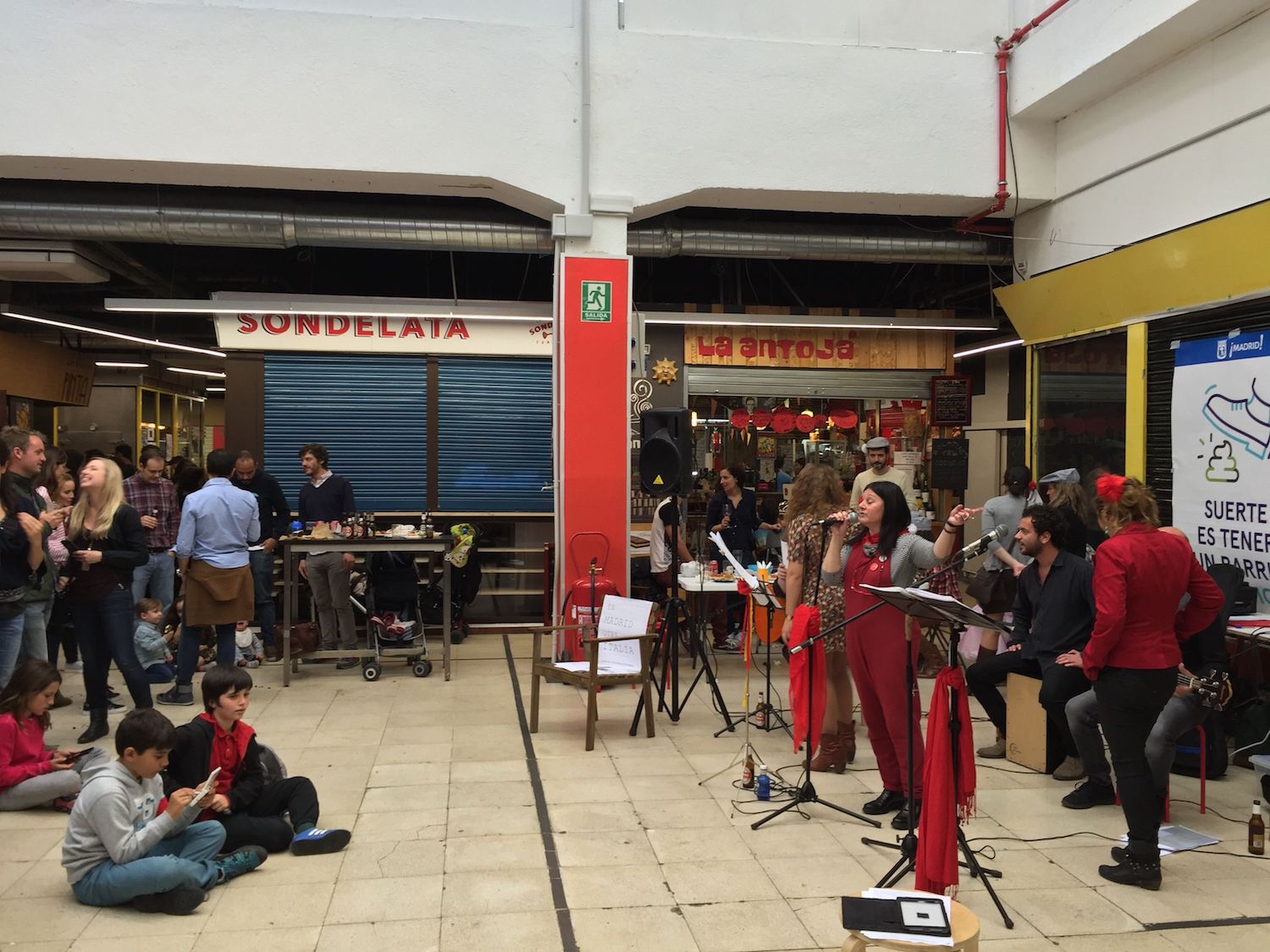
No single recipe to revive markets
Over the past decade, market halls and open air food markets have become an important arena for urban regeneration. Although many of today’s European cities

Over the past decade, market halls and open air food markets have become an important arena for urban regeneration. Although many of today’s European cities
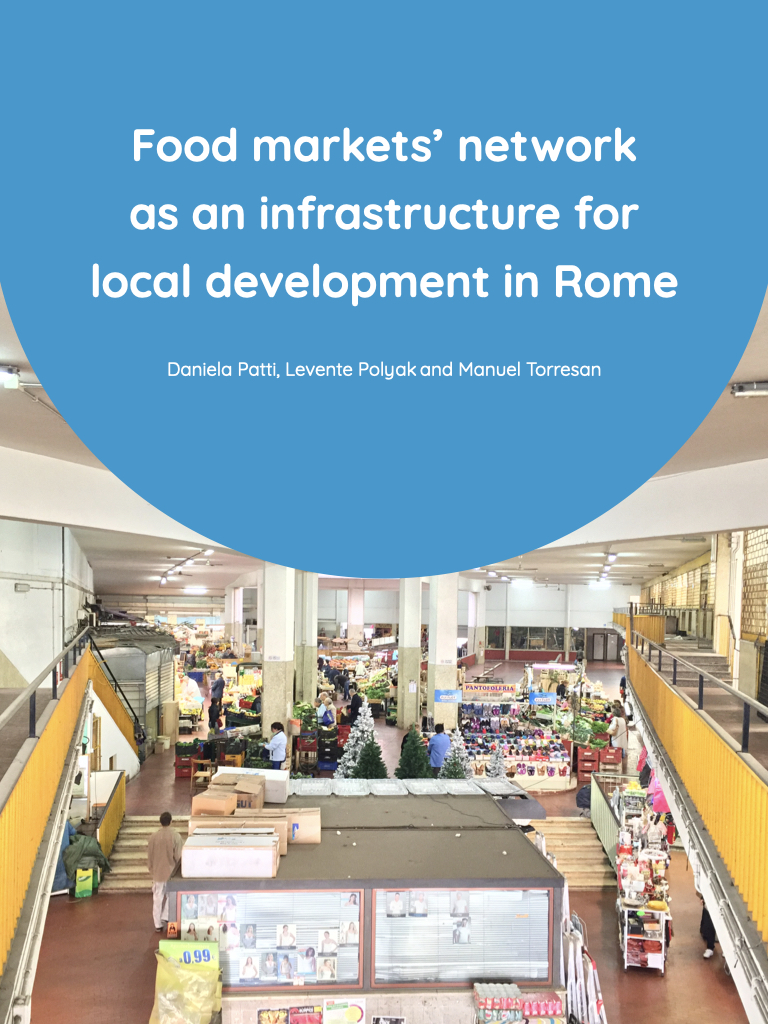
This paper investigates the central role of markets in the food distribution system in Rome and their role on neighbourhoods as a local service. Firstly, an overview of the current food distribution patterns in European cities and the role that public food markets play in it is provided. The article then delves into the case study of local food markets in Rome, looking into their role in supporting local food distribution, offering local services in public assets, creating employment and ultimately affecting the neighbourhoods they are located in.
Authors: Daniela Patti, Levente Polyak, Manuel Torreson
Publication date: 2022
Published by: Eutropian GmbH, Vienna, Austria; Department of Planning, Design, and Technology of Architecture, Sapienza Università di Roma, Rome, Italy
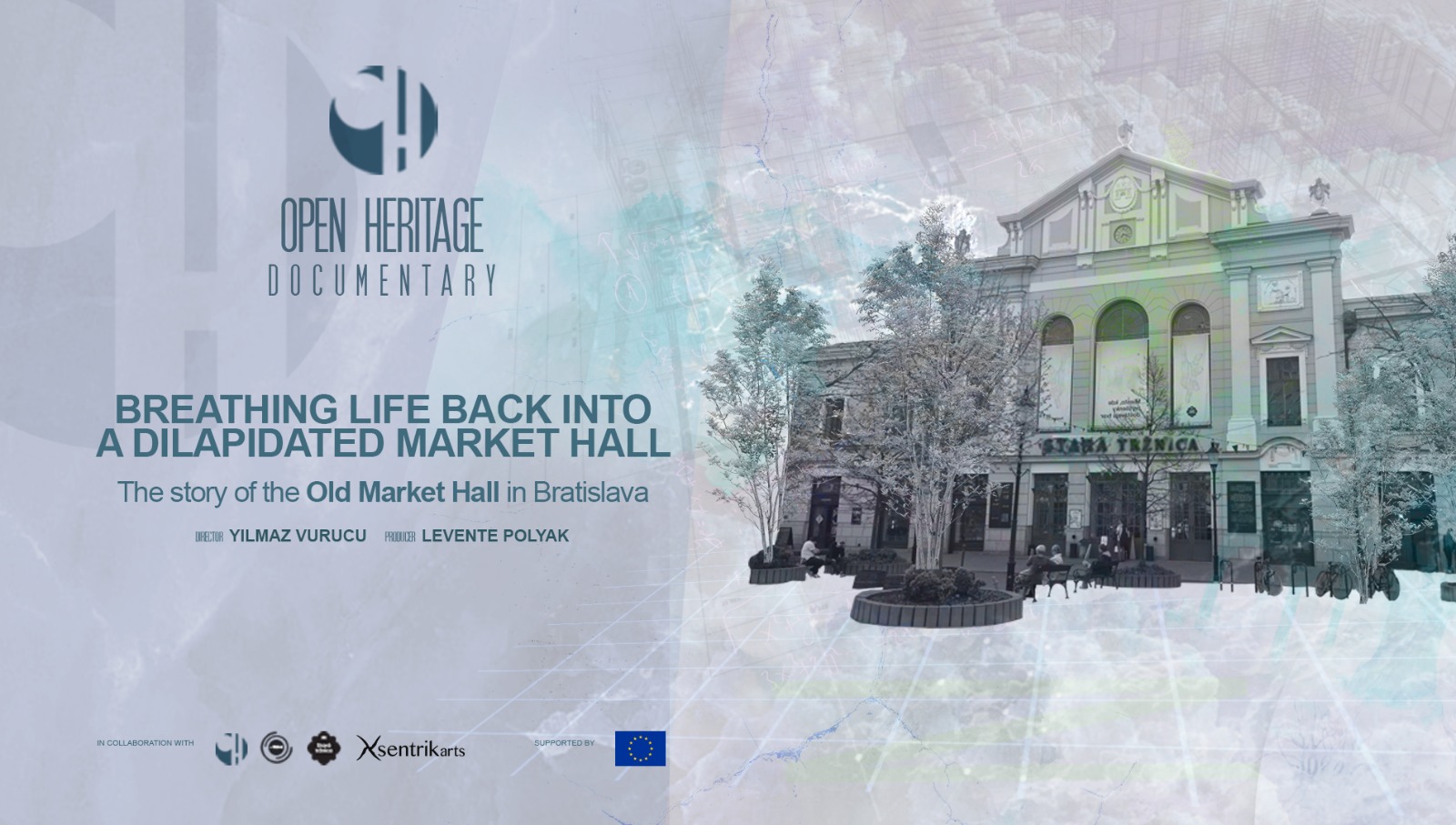
Stará Tržnica (Old Market Hall) is a historical building in the centre of Bratislava. After years of unsuccessful attempts by the municipality to keep the market alive, a redevelopment plan with the input of the locals was realised by the Alianca Stará Tržnica combining a food market, cultural events, cafés, a grocery shop, a cooking school and a soda water manufacture. The space has helped to rebuild the community and runs in an economically sustainable way.
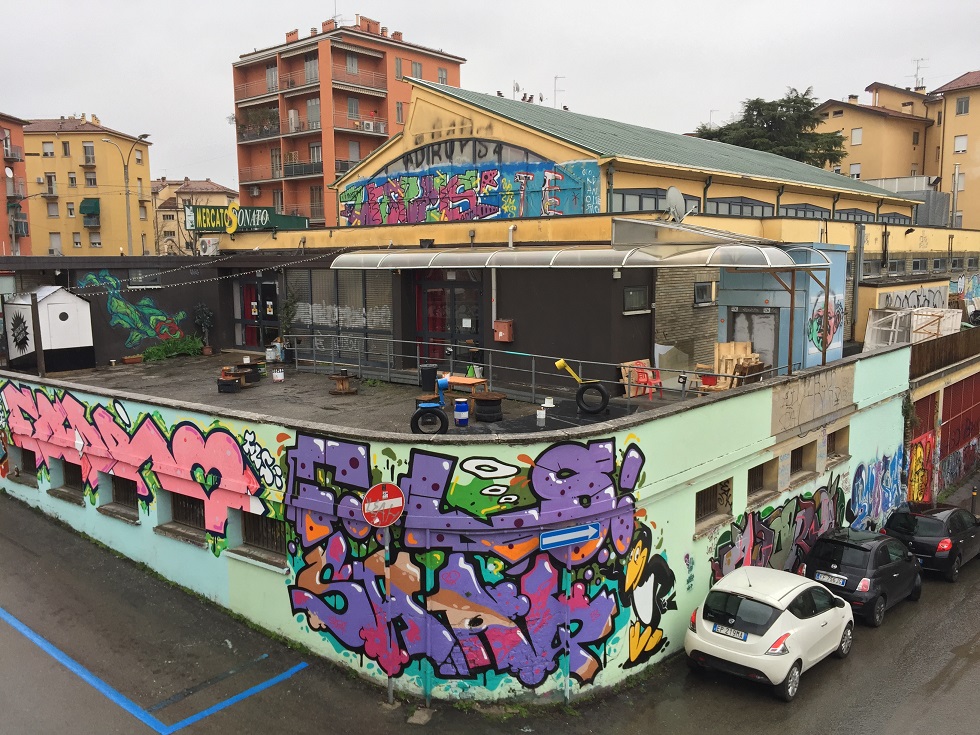
Mercato Sonato is a project to requalify an unused market hall in Bologna. It was developed by an association of musicians in need of a
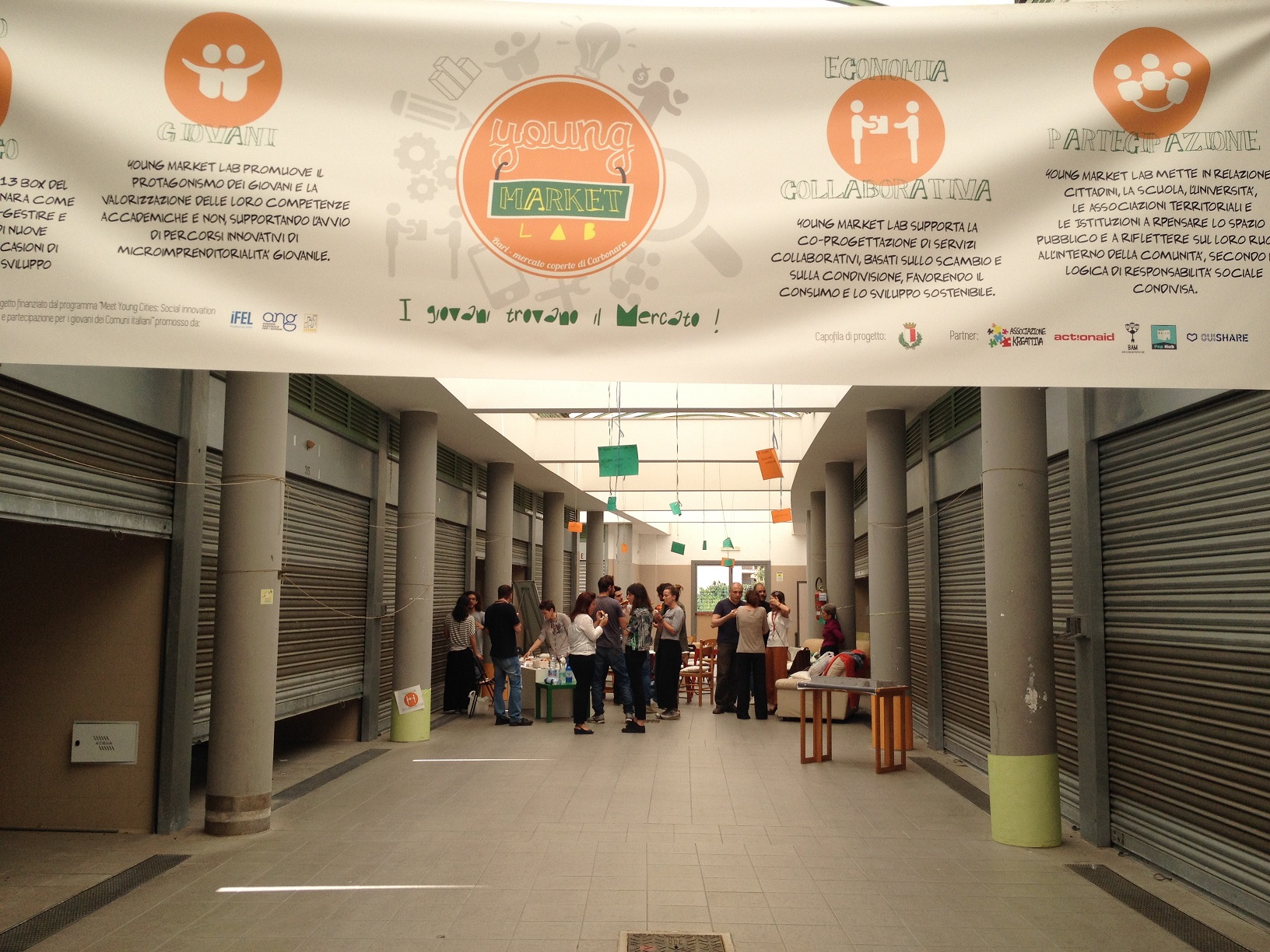
Il Young Market Lab ha riattivato gli spazi inutilizzati del mercato coperto di Carbonara di Bari tramite il coinvolgimento di giovani che hanno avviato le
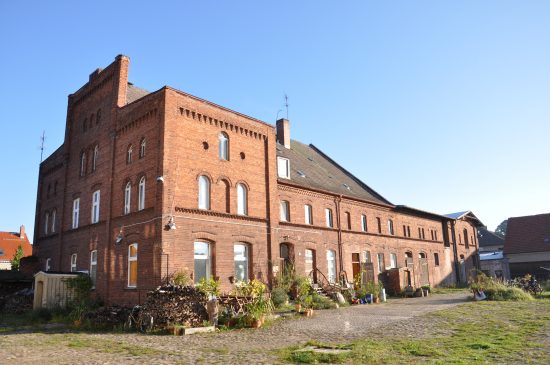
Stiftung trias was established in 2002, to help community groups and co-housing projects access financing. Trias takes land off the market by separating the ownership
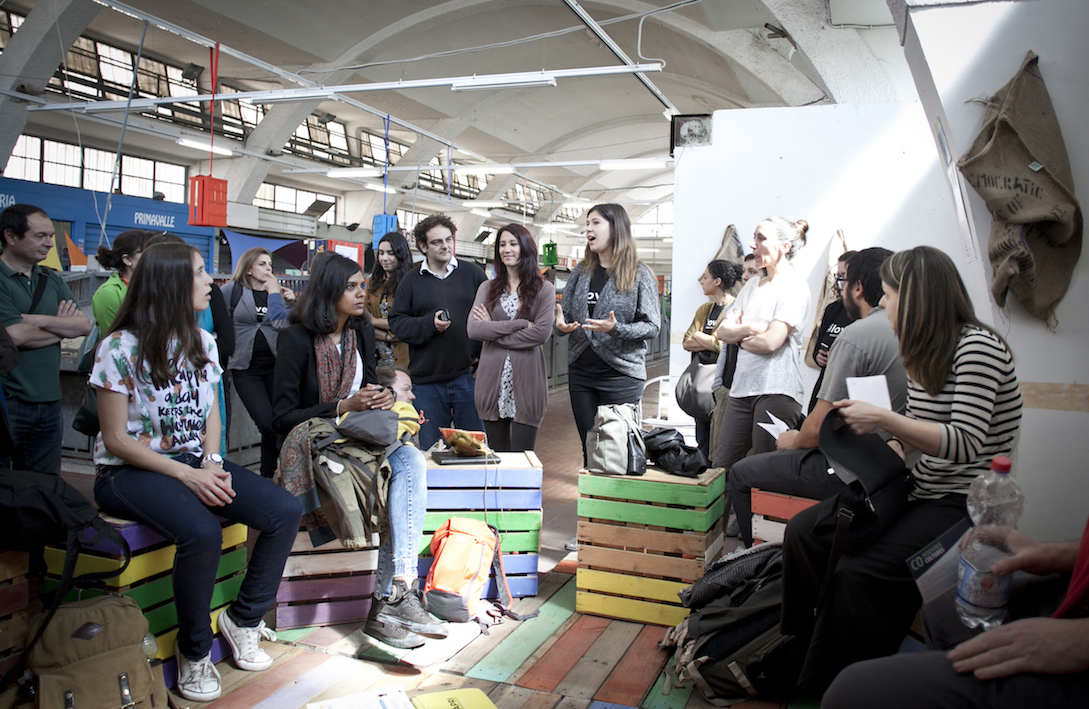
Interazioni Urbane is an association based in Rome. Composed of architects, sociologists, psychologists and photographers, they create participatory processes to improve the urban environment. Addressing
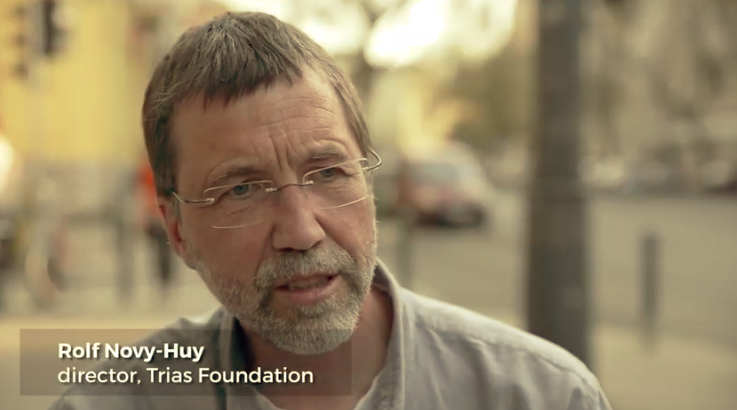
Stiftung trias was established in 2002, to help community groups and co-housing projects access financing. Trias takes land off the market by separating the ownership of land and buildings: supported initiatives lease the land from the foundation in the form of a long-term Heritable Building Right and their lease fee is collected in a mutual fund run by Trias. In recent years, Trias has also been working with public administrations, securing functions for properties that municipalities are obliged to sell under austerity laws.

Interazioni Urbane is an association based in Rome. Addressing the deterioration and gradual abandonment of Rome’s Primavalle market, together with Banco e sto, they have brought together market vendors, local residents and municipal officers to help turning the market into a community hub.

With public spaces being created by the interaction of various social groups, marketplaces have traditionally constituted some of the most important public spaces, attracting people from

Una cosa importante in questo mercato storico è il rilancio della struttura che da anni ha qualche inefficienza dovuta alle gestioni del Comune e a
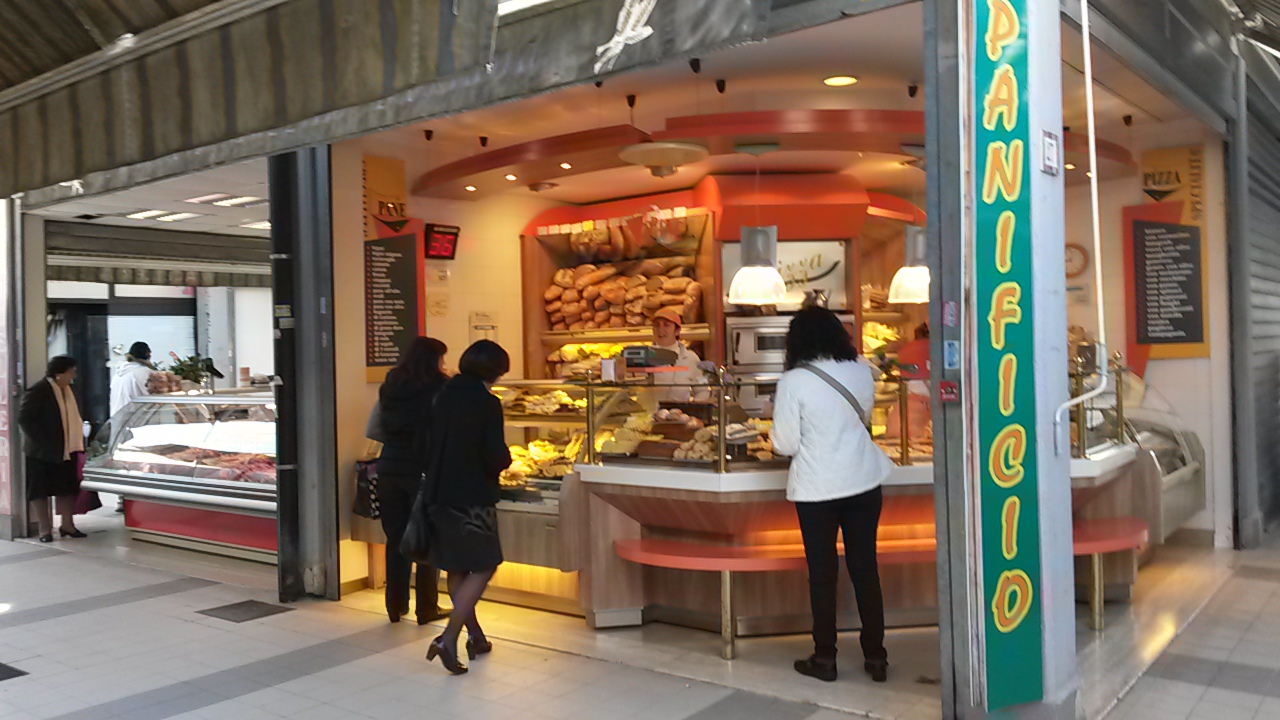
ANVA, the National Association for Commerce on Public Areas, is a professional association that gathers workers operating on commercial public areas. ANVA is counted among

Anna Maria Bianchi is the president of the association “carteinregola”, an initiative aimed at promoting collaboration between citizens and committees as well as other associations
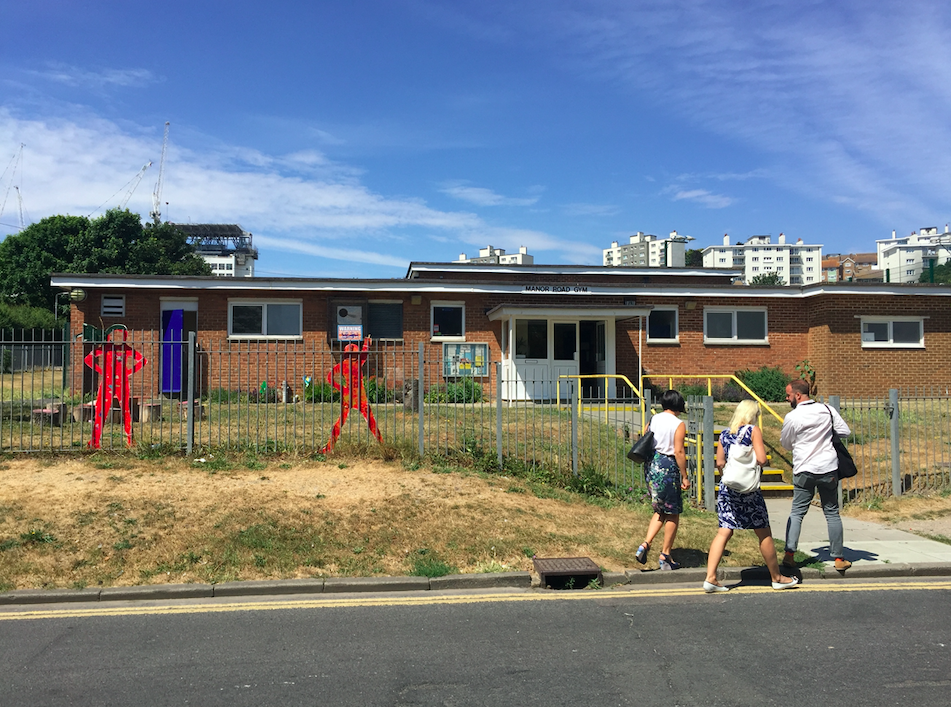
Commissioning models by which the public sector externalises the provision of public services often favour large companies, excluding smaller providers. In an attempt to set
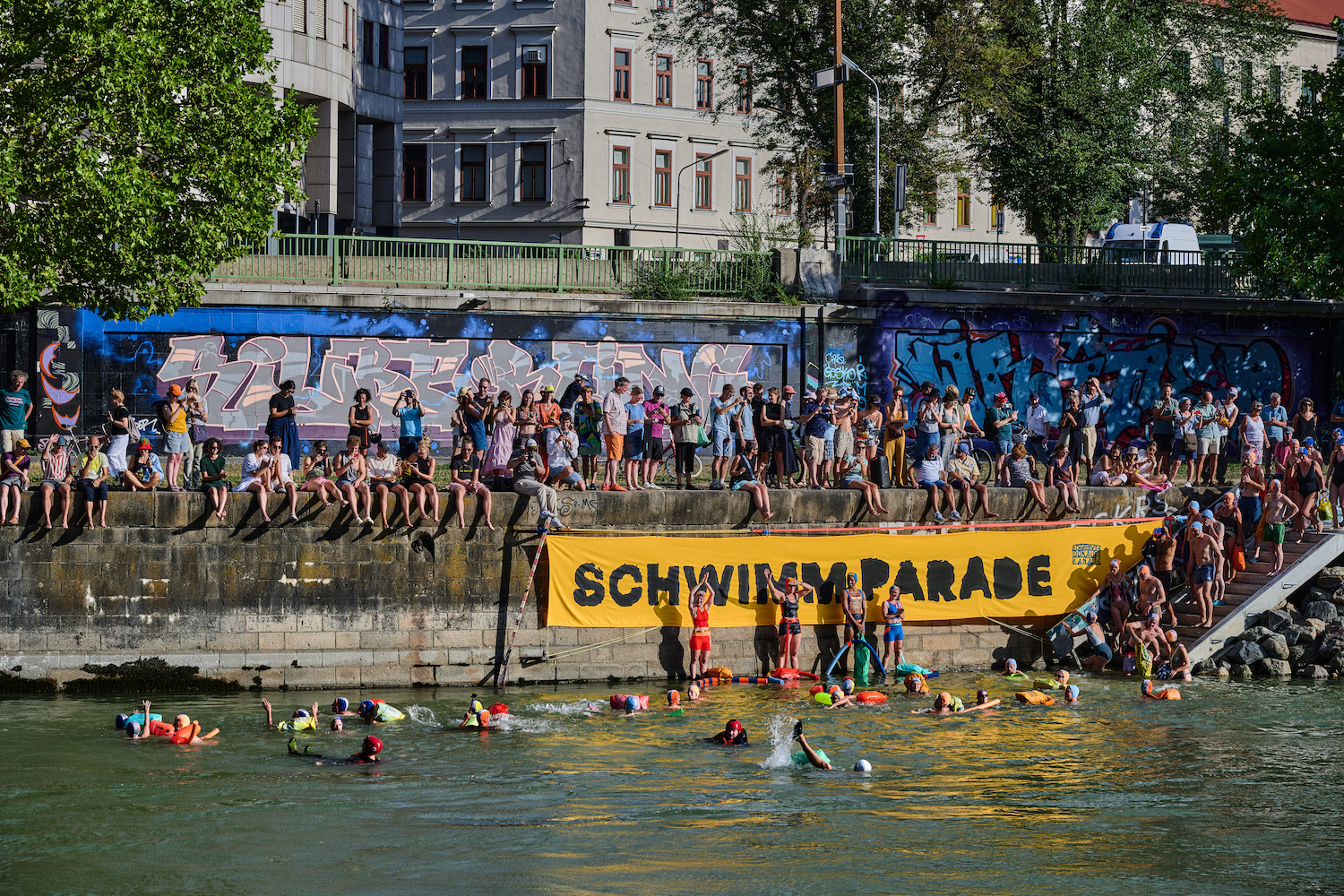
The Schwimmverein Donaukanal (SVDK) exemplifies how social design can transform urban environments through community engagement. The initiative began as a small social design research project
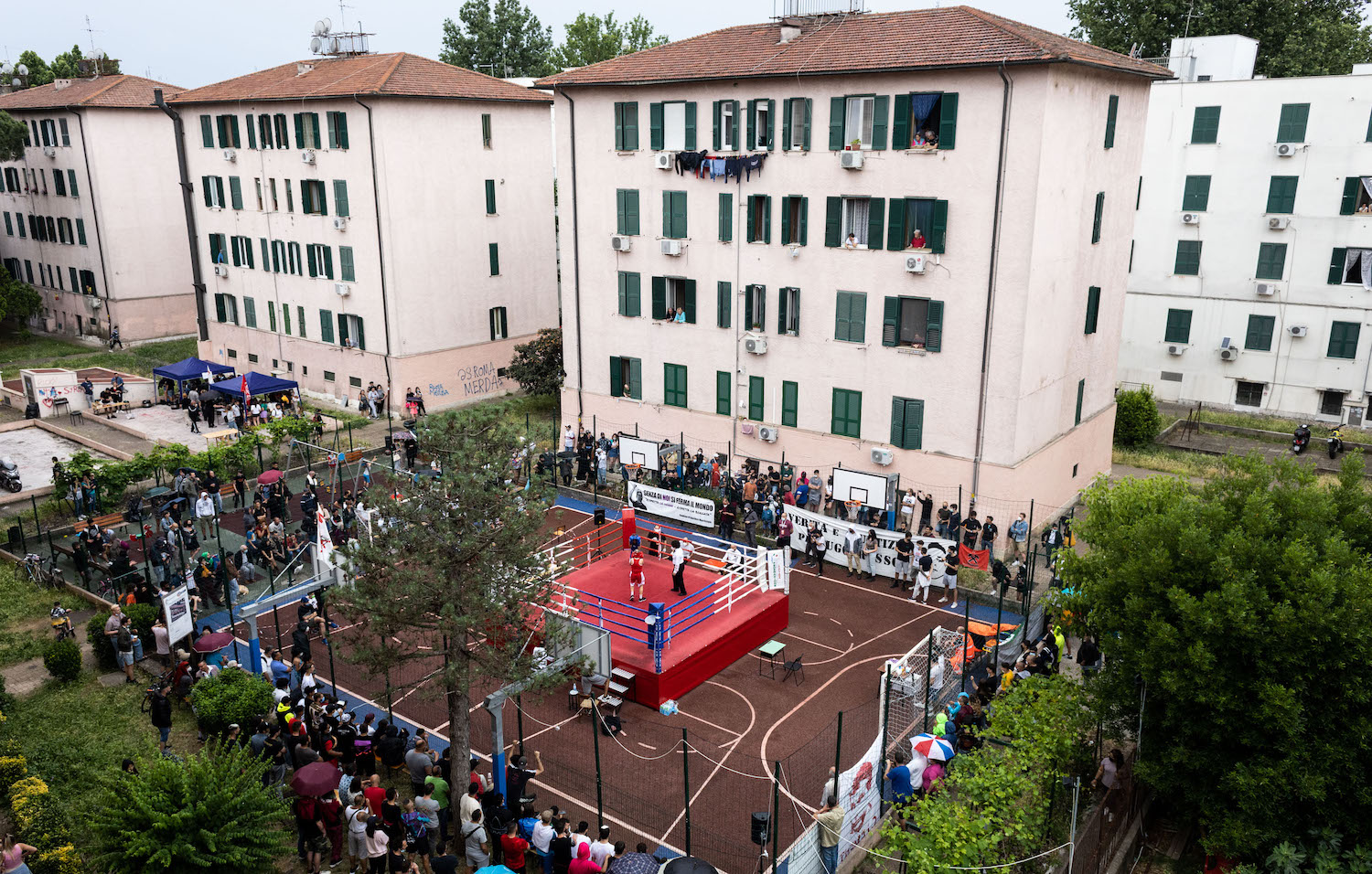
Quarticciolo, a historic and working-class district of Rome, is undergoing significant transformation. While the Italian government promotes the Caivano emergency decree—focused on security, control, and
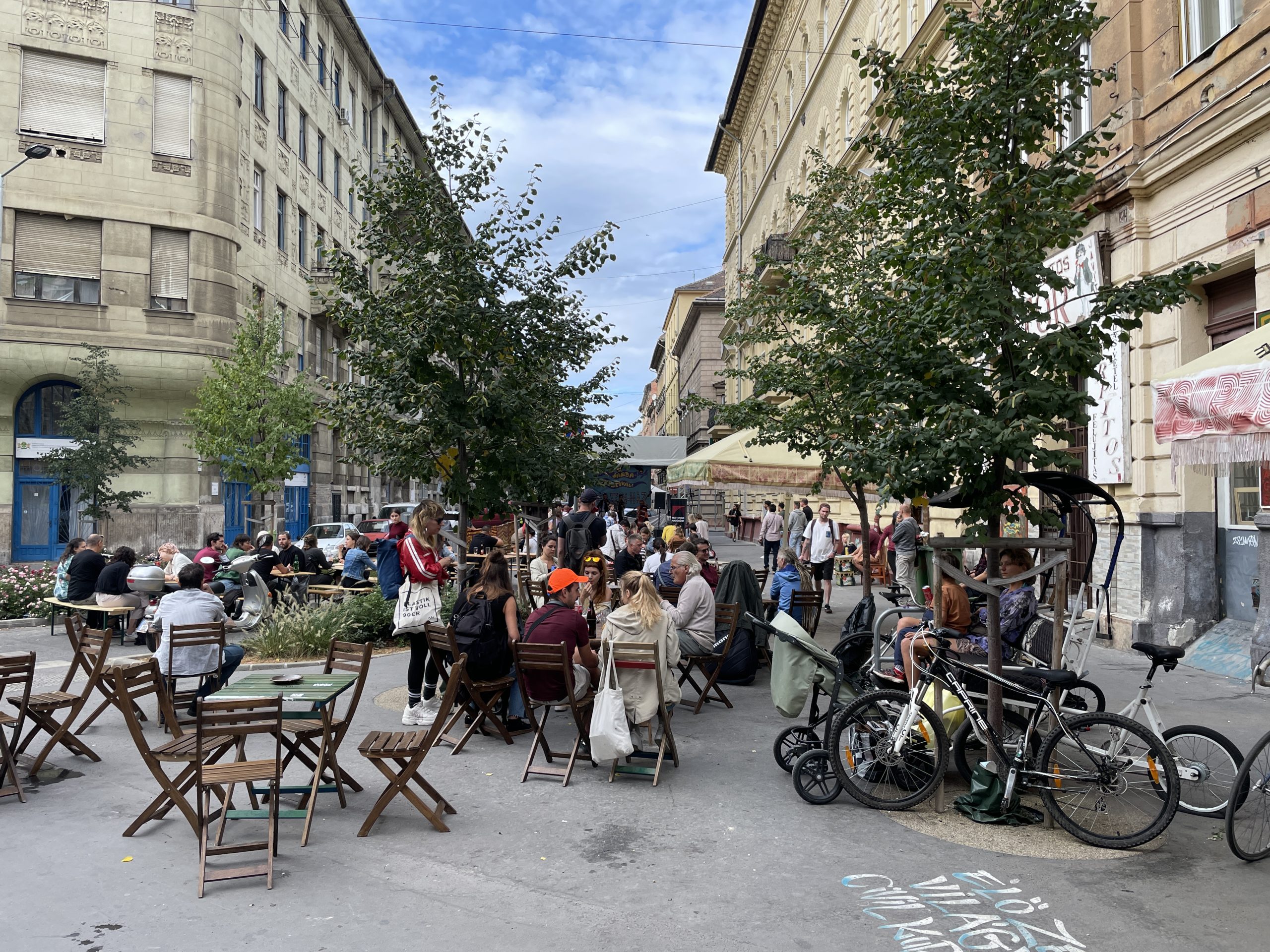
I’m walking down Budapest’s Népszínház Street. Leaving behind Blaha Lujza Square, one of the city’s major public transportation hubs, I’m entering Józsefváros, a district that
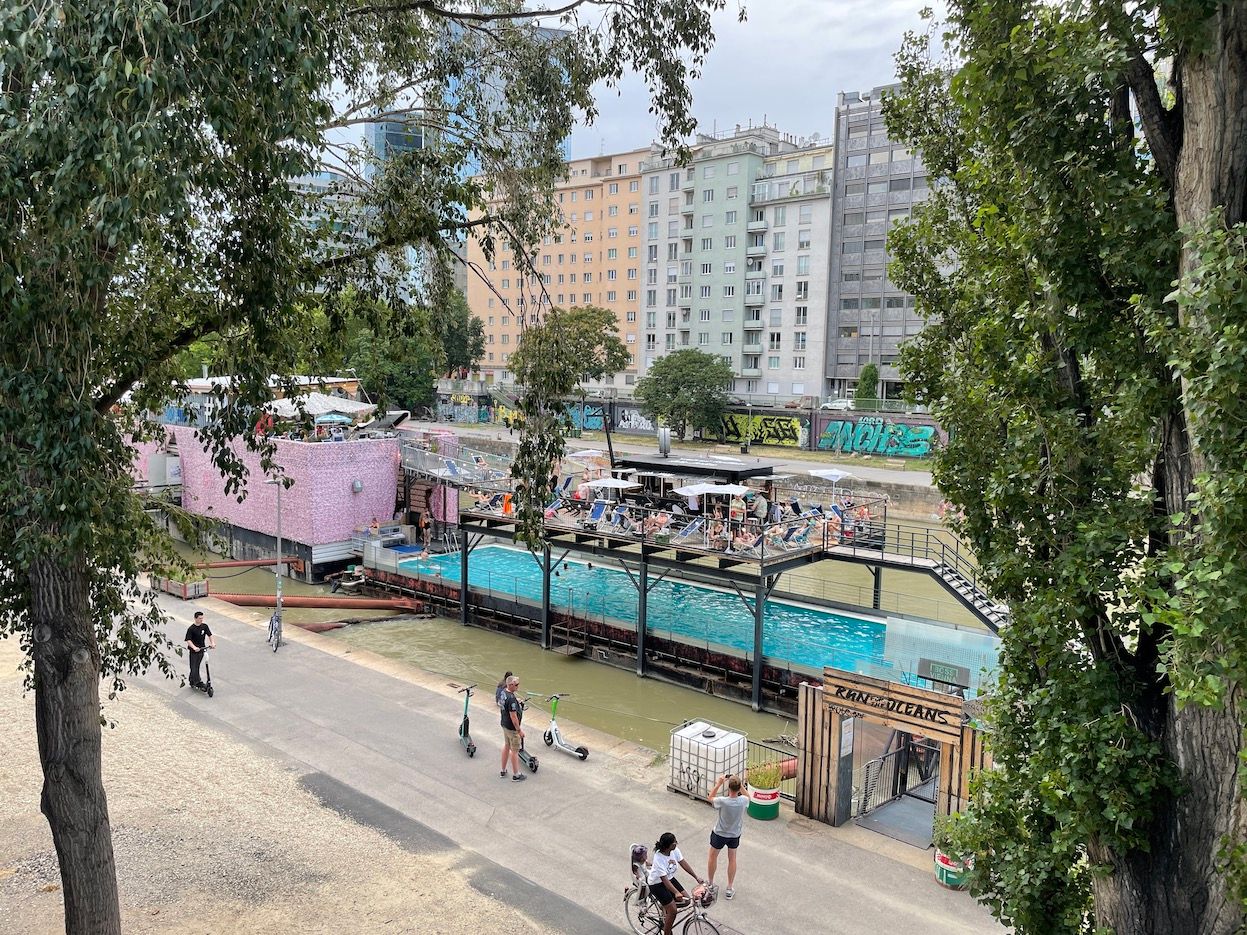
What makes a public space truly belong to the people who use it? Can design empower communities or does it risk excluding them? Is placemaking
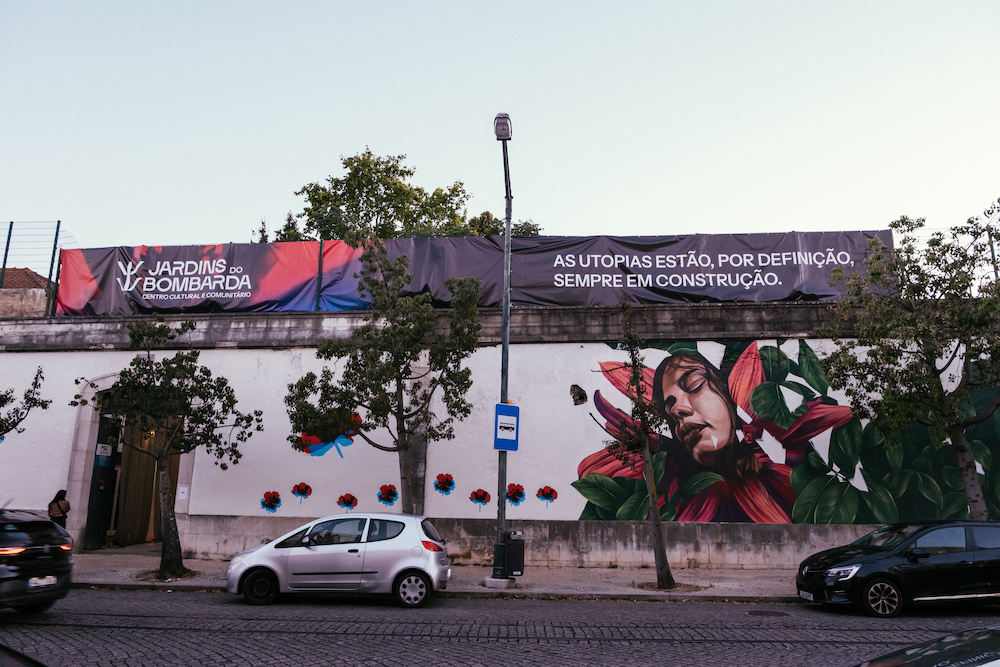
Jardins do Bombarda is a cultural and community centre run by Largo Residências, a cultural and social solidarity cooperative. The organisation moved to the premises
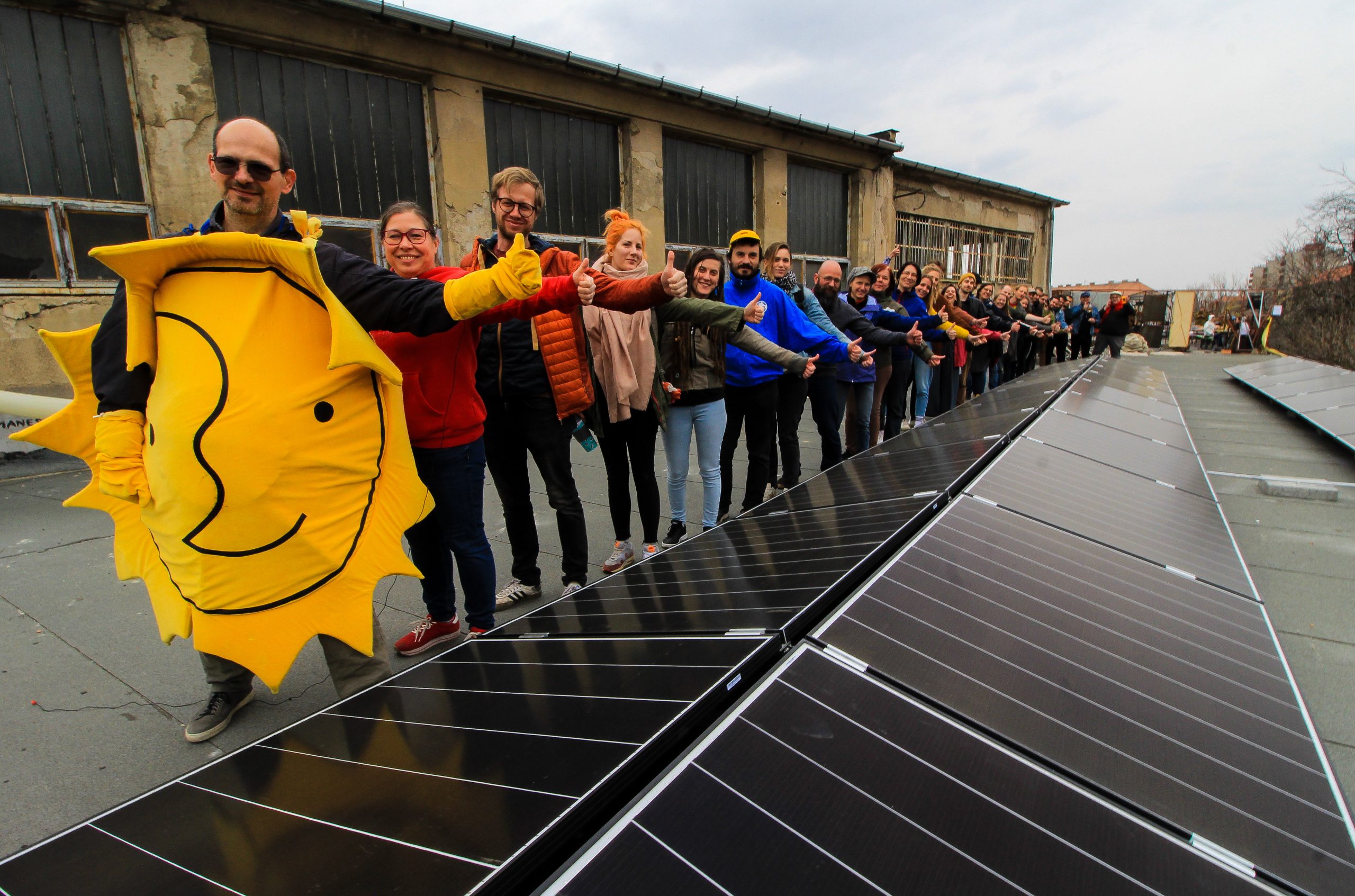
Energy transition offers major structural changes to energy supply and consumption in our energy system in order to limit climate change. Especially after the breakout

We all have used book libraries but what about a leisure library that allows you to try new sports by sharing outdoor equipment that you
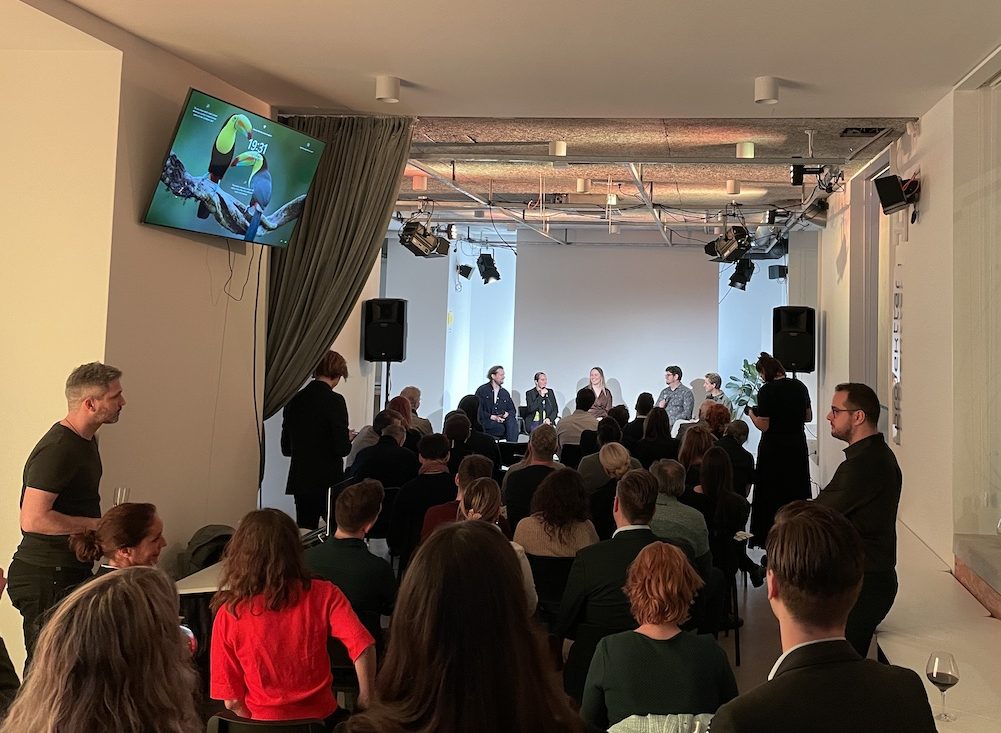
In the Bartók Cultural Quarter of Budapest’s Újbuda district – characterised by universities, cultural institutions, art galleries, tech companies, and restaurants – an important experimental
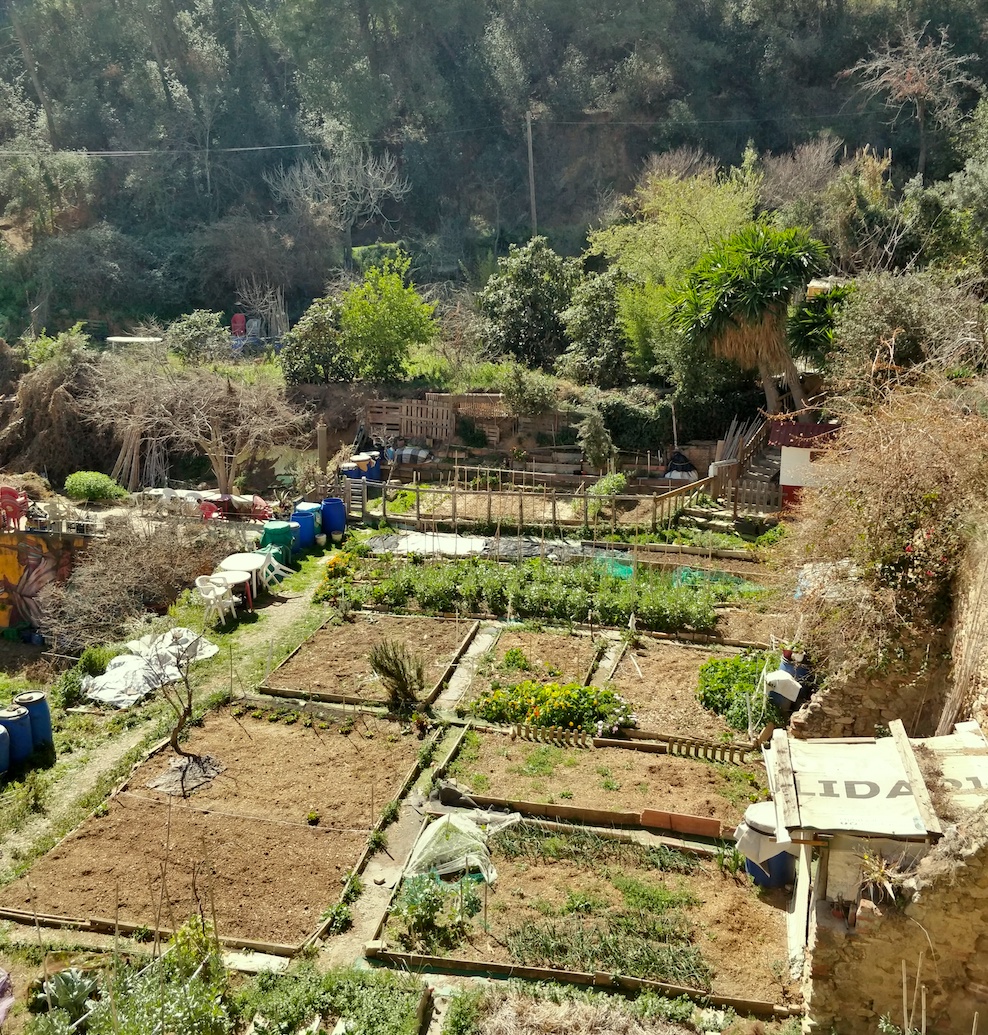
In the global pursuit of sustainable urban development, Barcelona has emerged as a pioneering city, leading the way in fostering a sustainable and healthy food
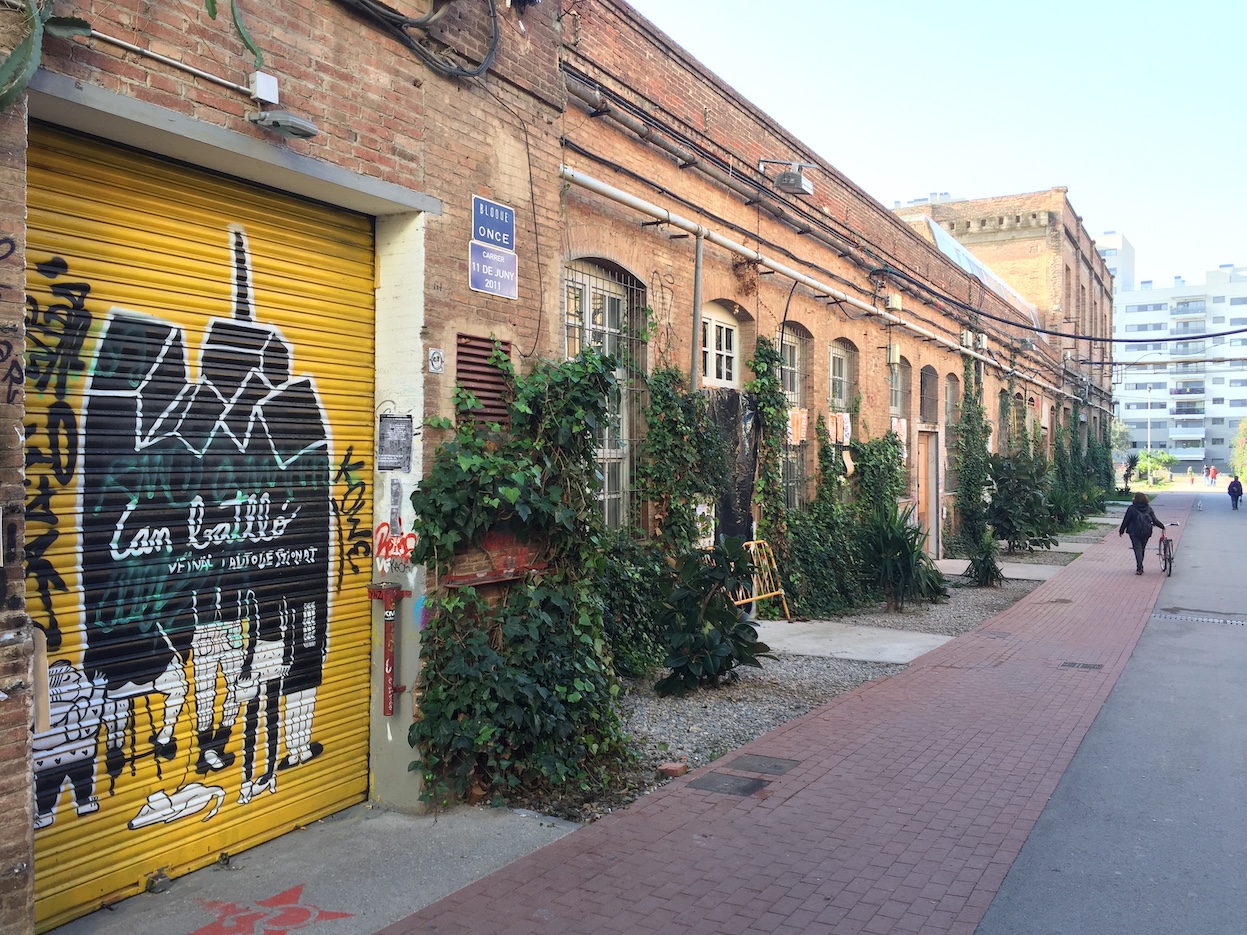
Like other major European cities, Barcelona has a great industrial heritage that can now be re-used for a new and different development of its urban
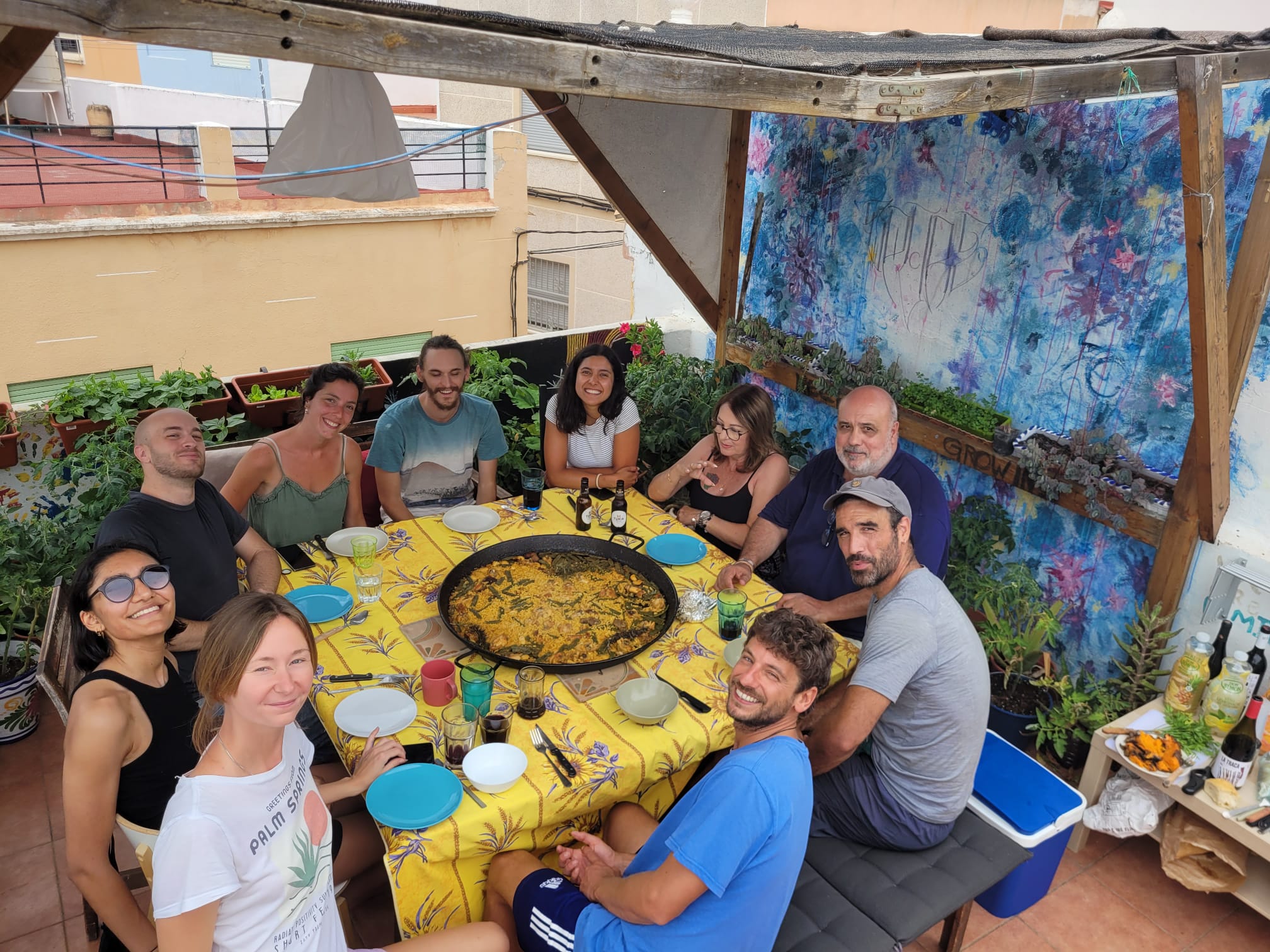
Spores Home is a self-sustaining co-living space in Spain. Founded by an innovative entrepreneur, it offers affordable housing to people from various ways of life.

Rome’s transformative journey towards developing a comprehensive food policy reflects the profound influence of food on the city and its inhabitants. Inspired by international research
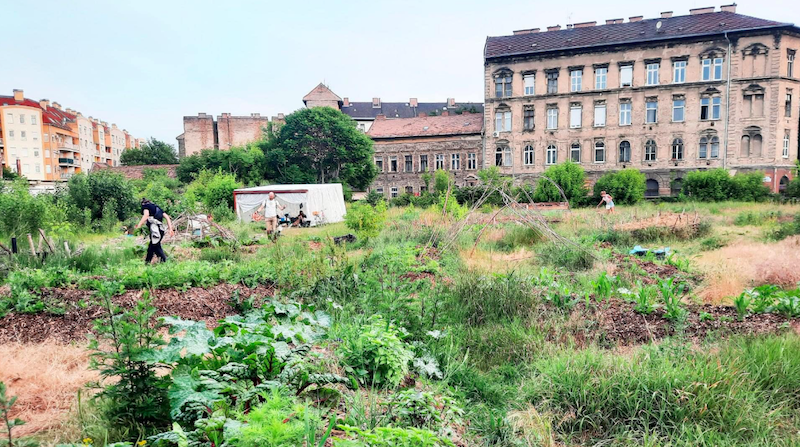
Right in the heart of an inner district in Budapest lies a 7700 square metre wild, at first sight untamed green space, sandwiched between unassuming
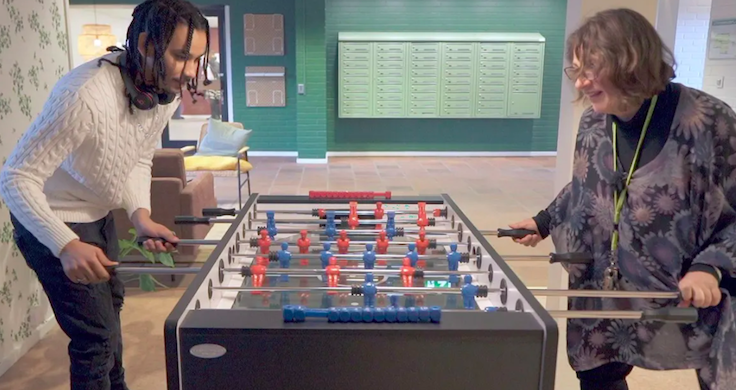
“A new way to live” states the website of the revolutionary SällBo co-housing project where young people between the ages of 18 and 25, including
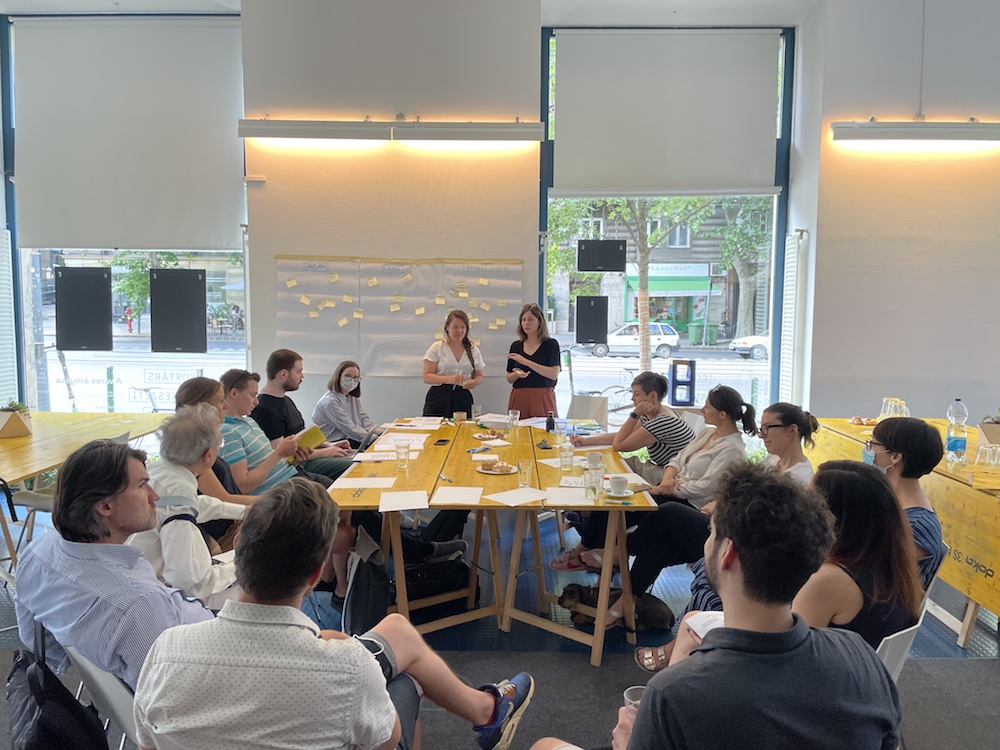
It is difficult to measure the cultural vitality of a neighbourhood. We can browse through a city’s event calendar and assess the concentration of activities
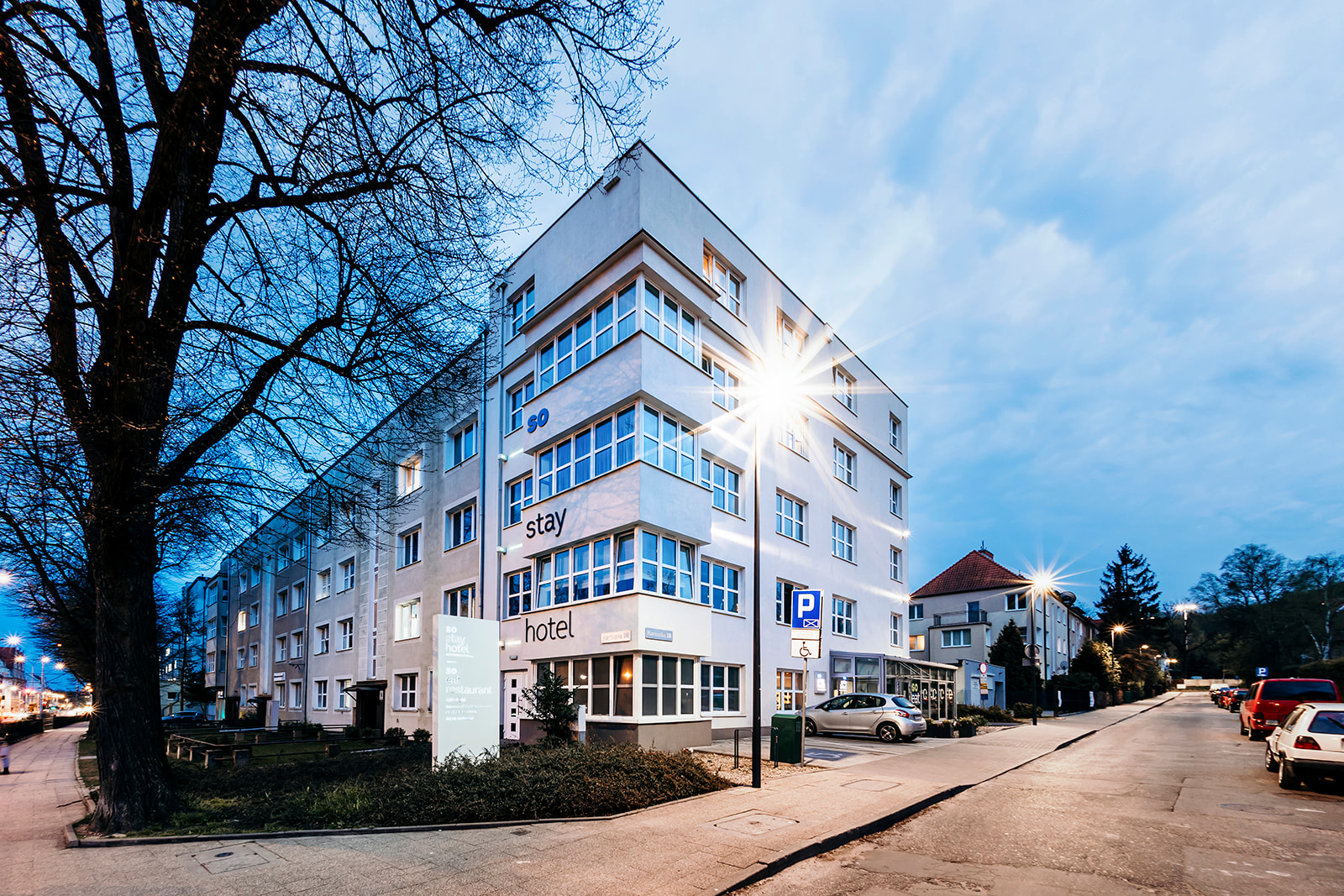
In the past years, tourism’s growing share in national economies and the increasing touristification of many European cities prompted social innovators to develop new forms
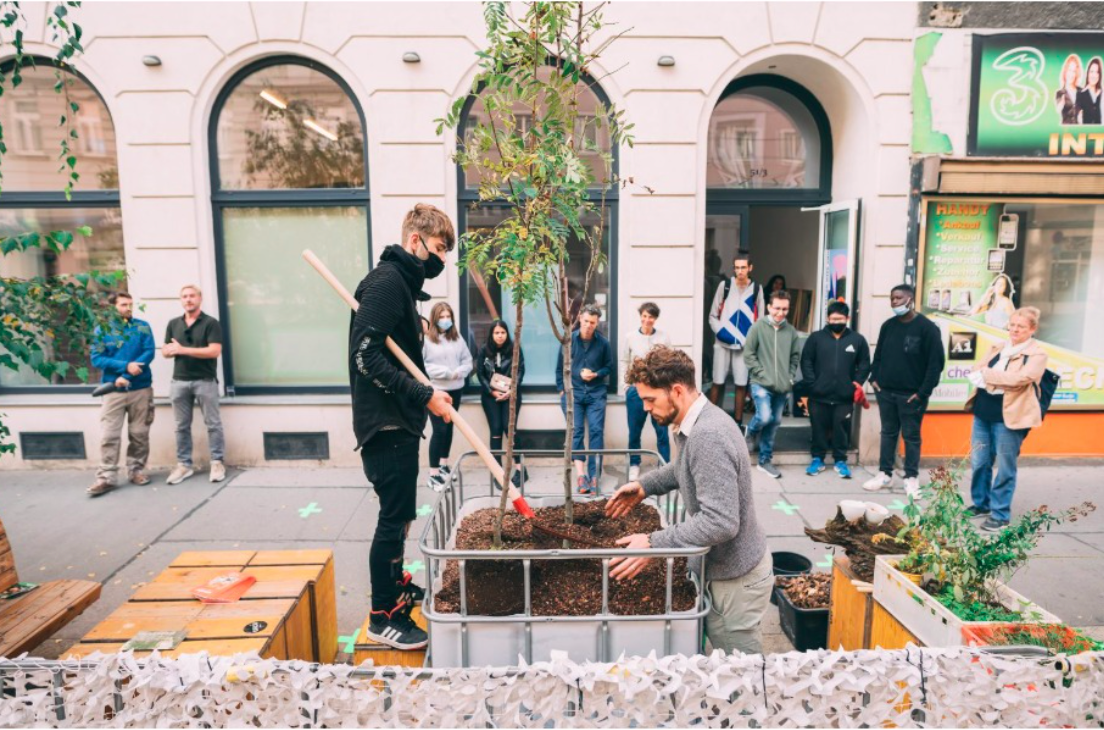
We are flooded by the effects and consequnces of the global climate crisis, whether in the news, on social media, in education, or in discussions
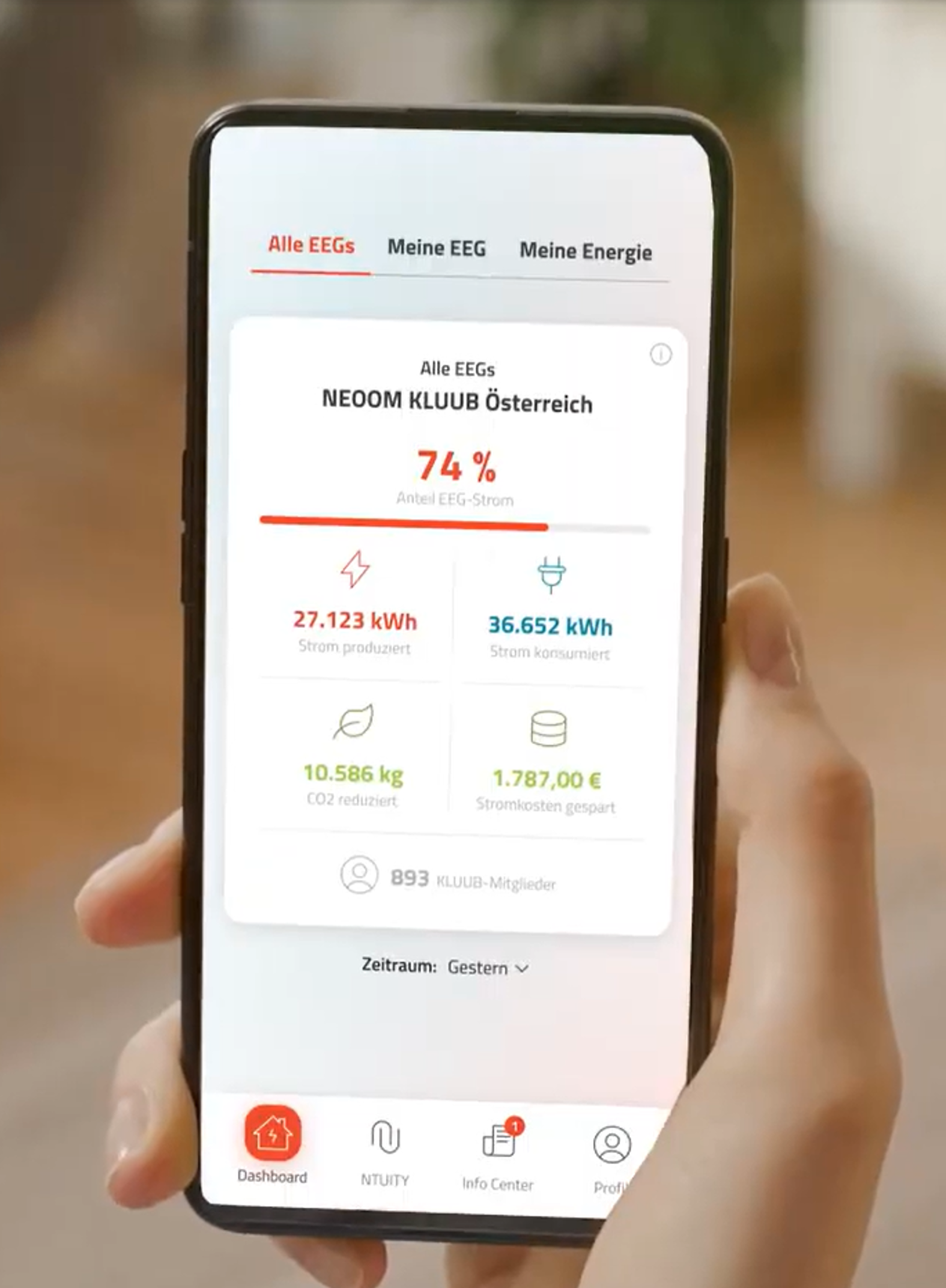
Establishing an energy community requires different legal, technical and organisational considerations and skills. For those without a background in energy production, getting started with this
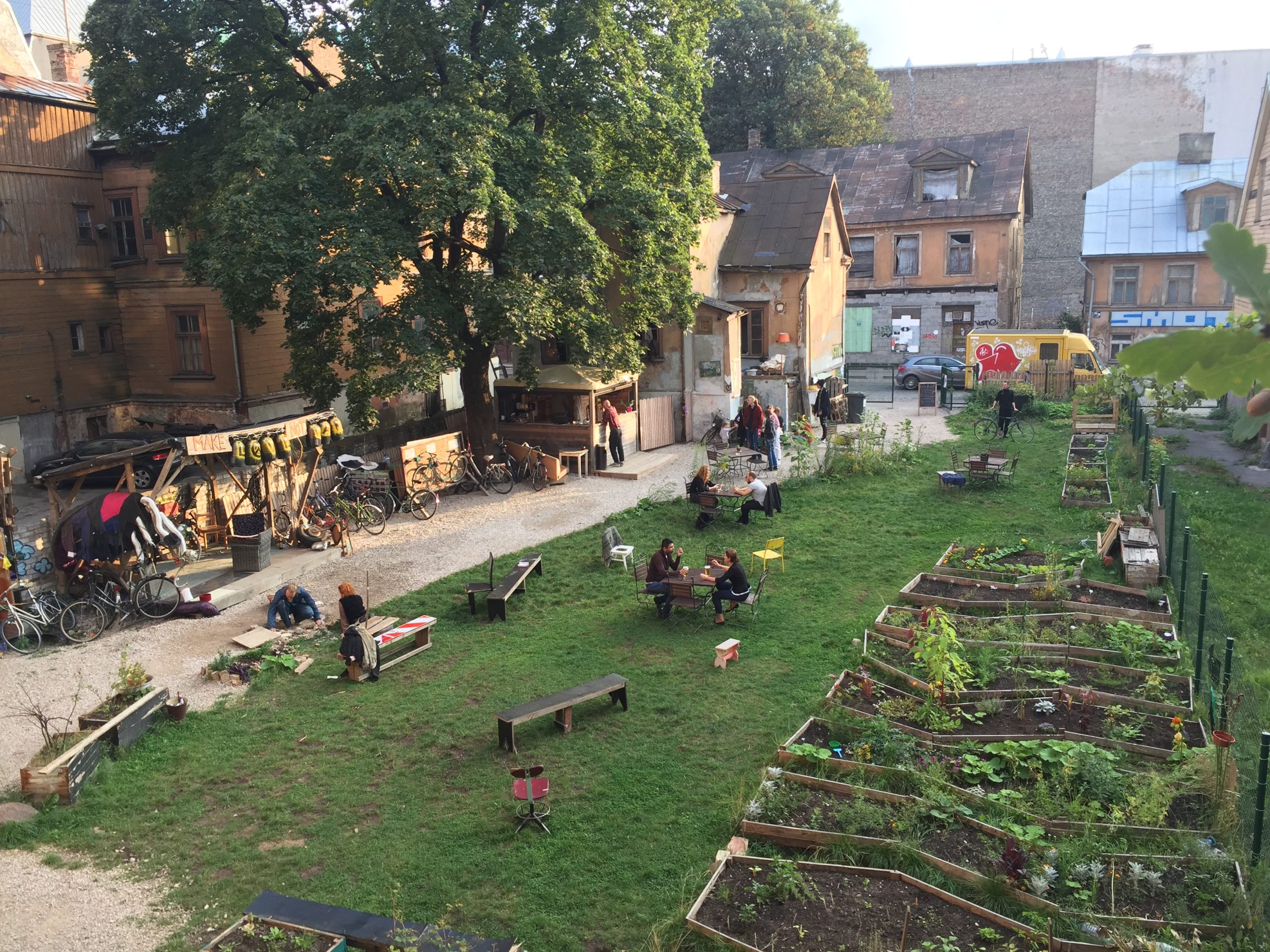
Free Riga is an organisation promoting the temporary use of vacant and underused buildings across the city of Riga. Founded in 2013, Free Riga gained

In the past years, Milan has become a model city in public space regeneration. The Piazze Aperte (“Open Squares”) programme, launched in 2018 has become
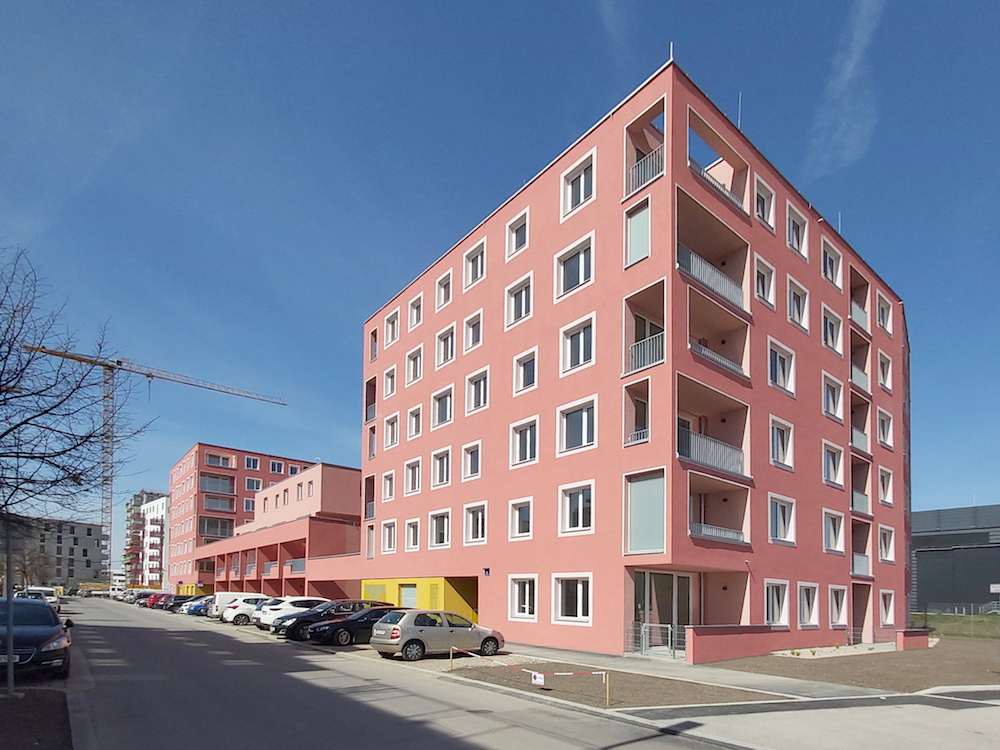
wohnbund:consult is an independent office working in the field of social and sustainable urban developments with a focus on housing. Its interdisciplinary team focuses on
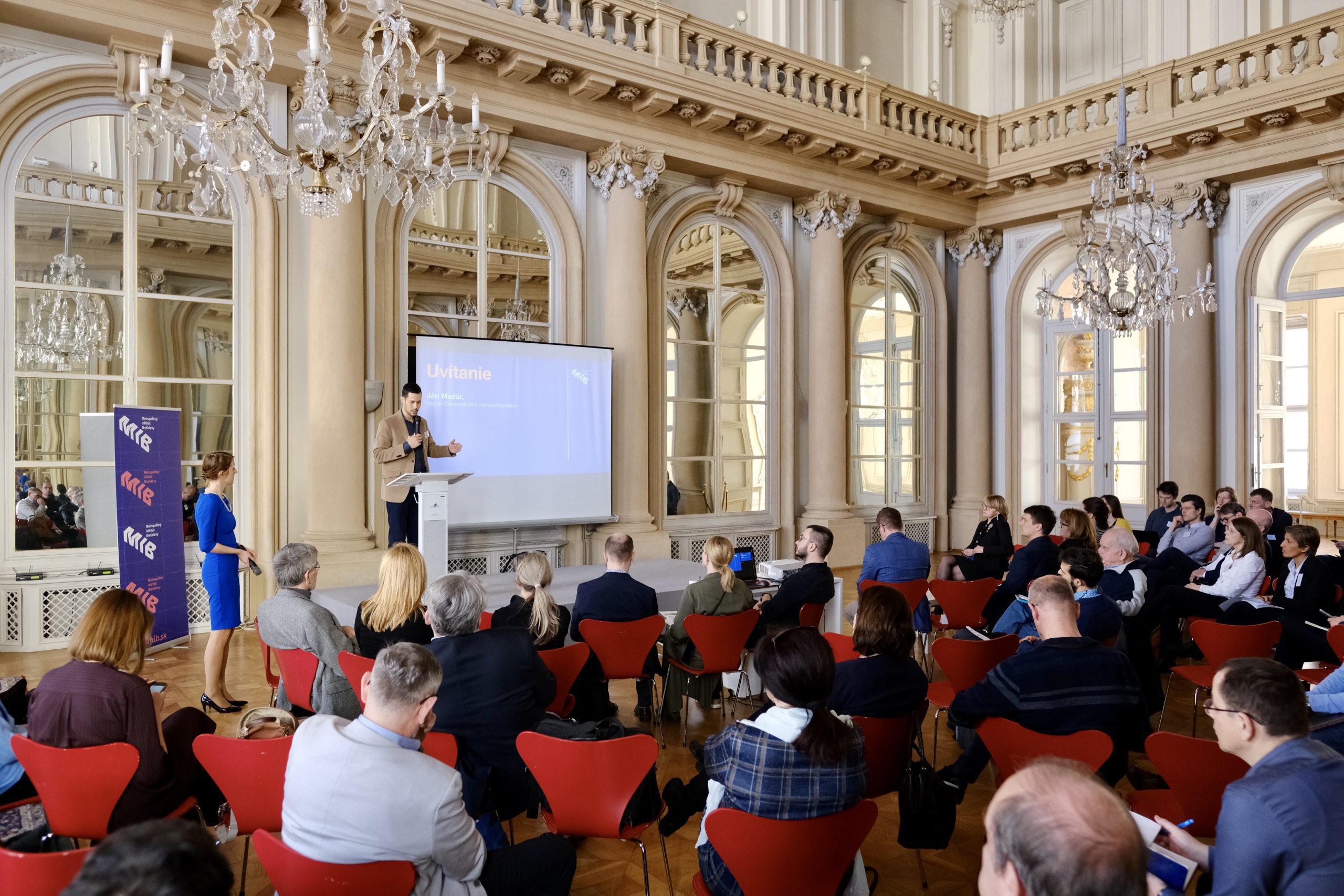
The Metropolitan Institute of Bratislava (MIB) is a new urban centre that aims to bring fresh, dynamic, participatory and data driven urban developments to the
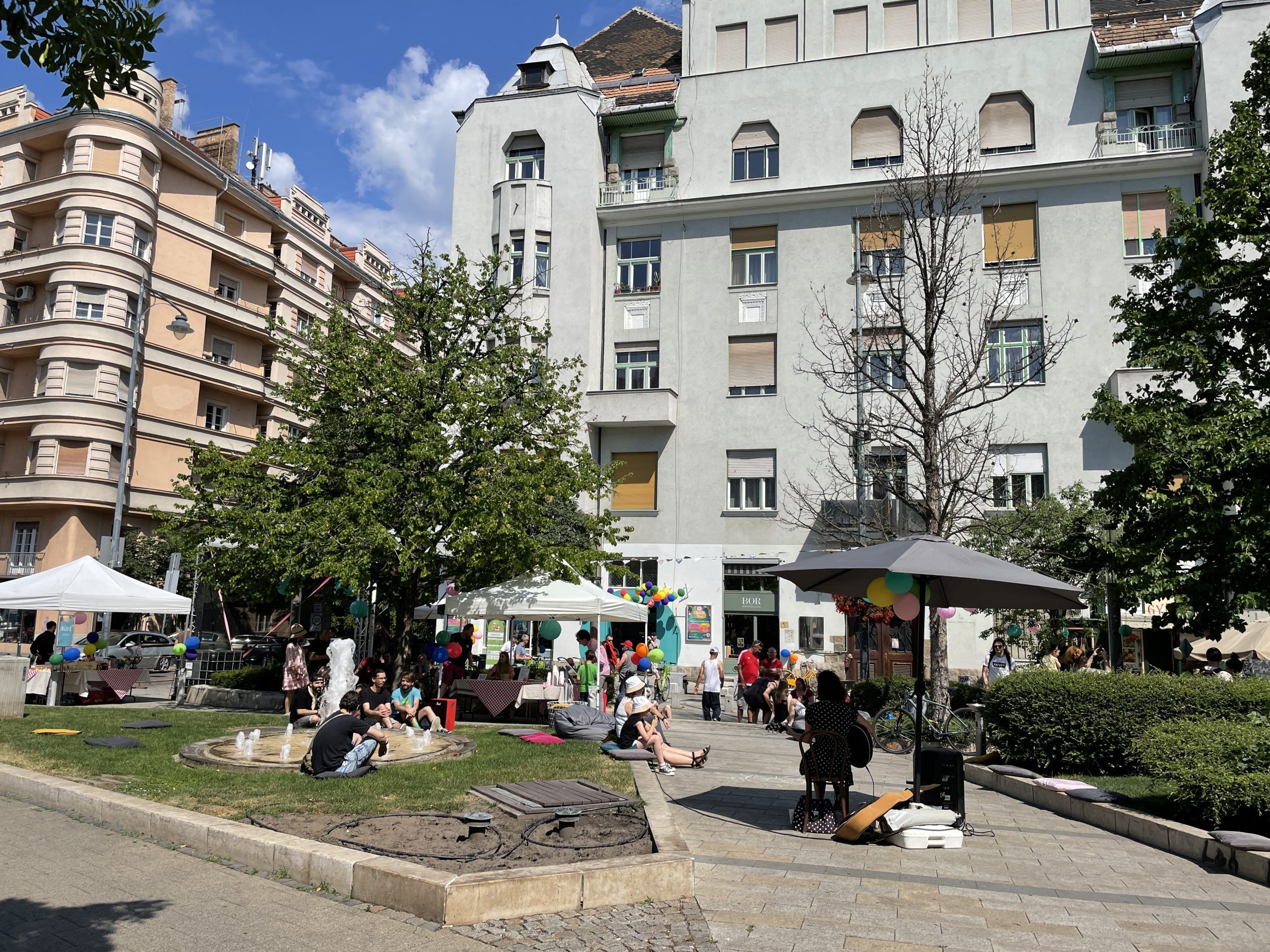
How to conceive a new cultural institution in an area already known for its strong cultural scene? How can a new venue integrate into an
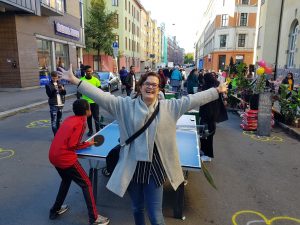
In the last decade, cities across Europe have seen an increasing number of innovative actions taking place on different scales: from the district, to the

How to plan a new cultural venue in a district already rich in cultural life? How can a new cultural institution help to connect existing
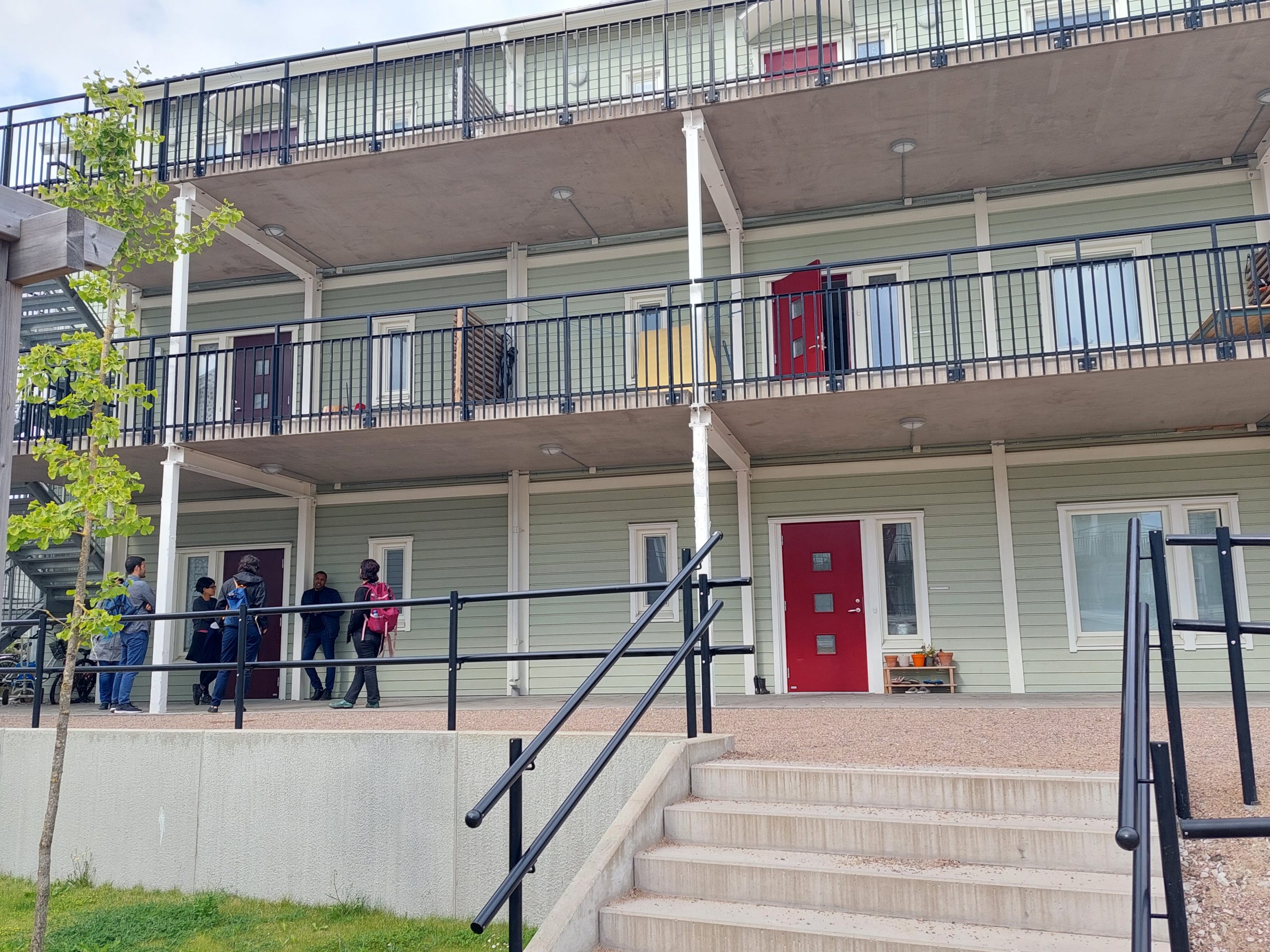
The blog presents an initial reflection on emerging challenges that the influx of refugees from Ukraine – about 7 million people since 24 February 2022

Vienna is the largest municipal housing owner in Europe. About half of the city’s population lives in subsidised housing, while only around 30% of the
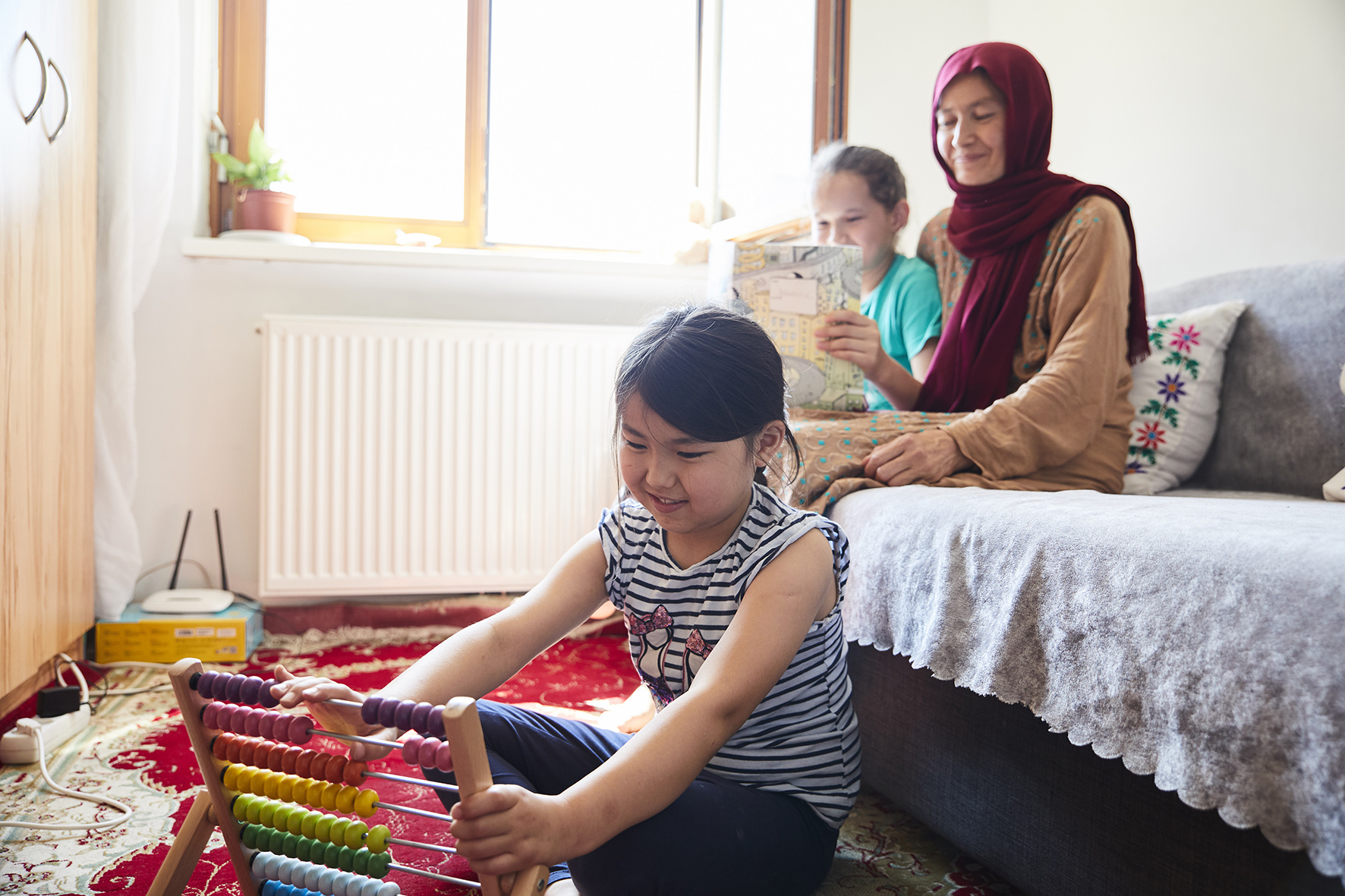
Considered by many as a secular saint, Mrs. Ute Bock (Linz 1942 – Vienna 2018) began helping refugees, especially those who were not included in
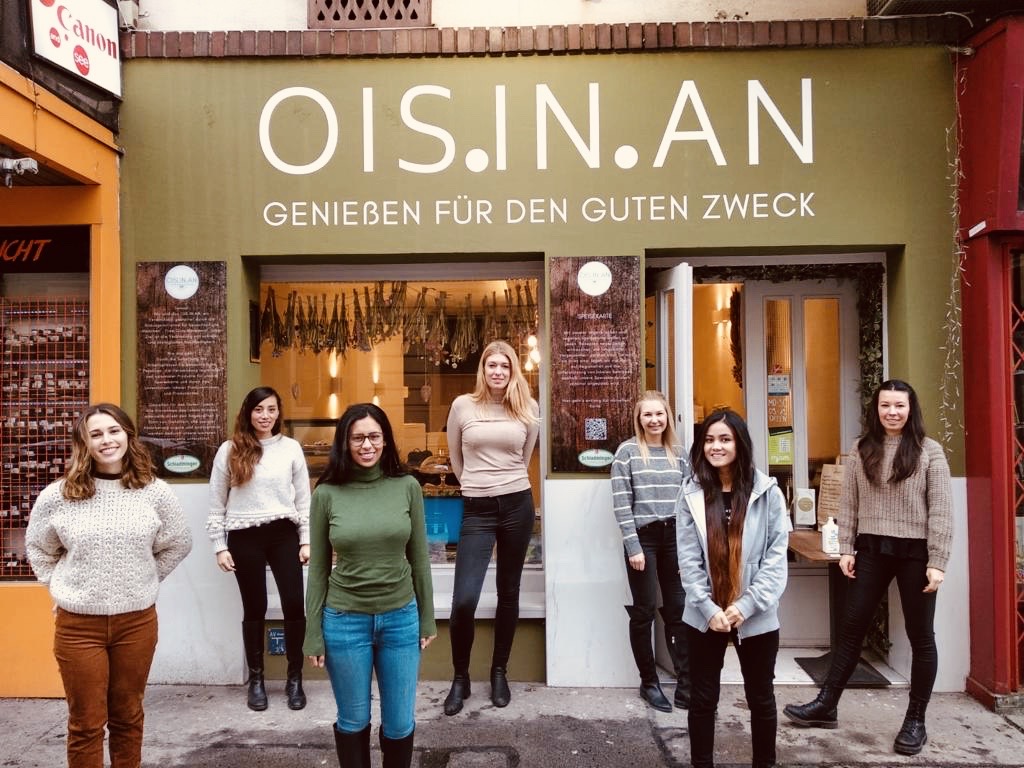
In the centre of Vienna, a small commercial space is trying to make a difference working with a social and sustainable oriented mission. Ois In
Policies for a City of Solidarity: Observations Solidarity City is a media project by Cooperative City Magazine to promote and strengthen social and solidarity economy
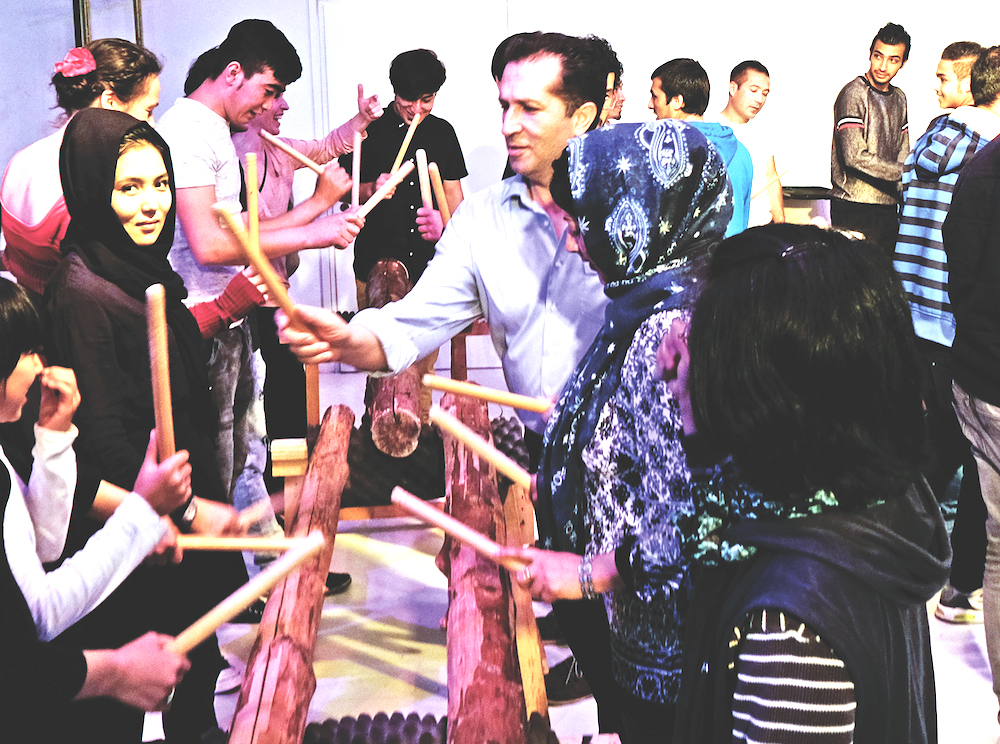
Brunnenpassage is an art and social space located in a former market hall in Ottakring, Vienna’s 16th district. Brunnenpassage mirrors the area and its mixed
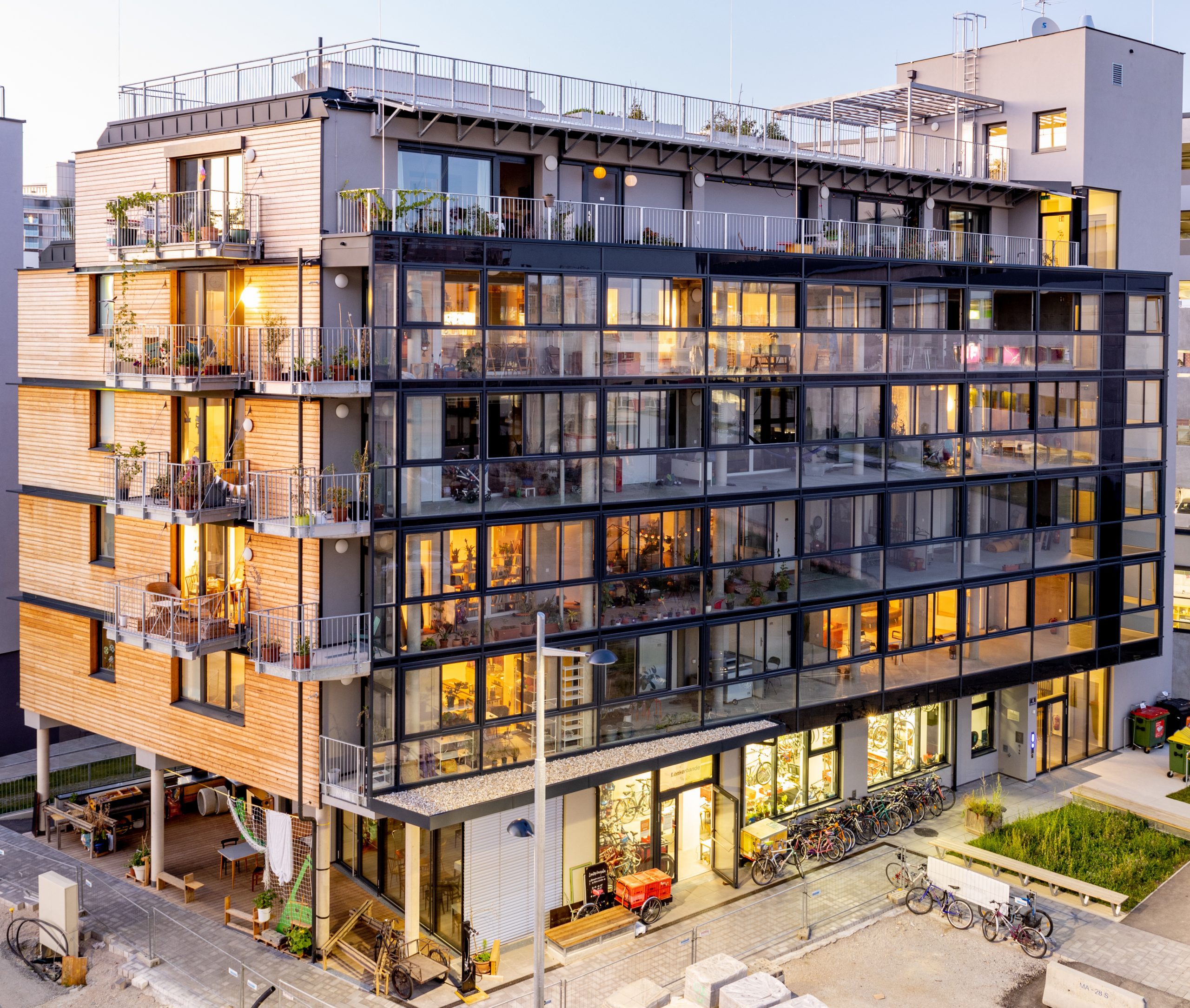
Self-managed and affordable, ecological and inclusive – the pioneering project Bikes and Rails in Vienna’s Sonnwendviertel stands as an alternative to real estate speculation in
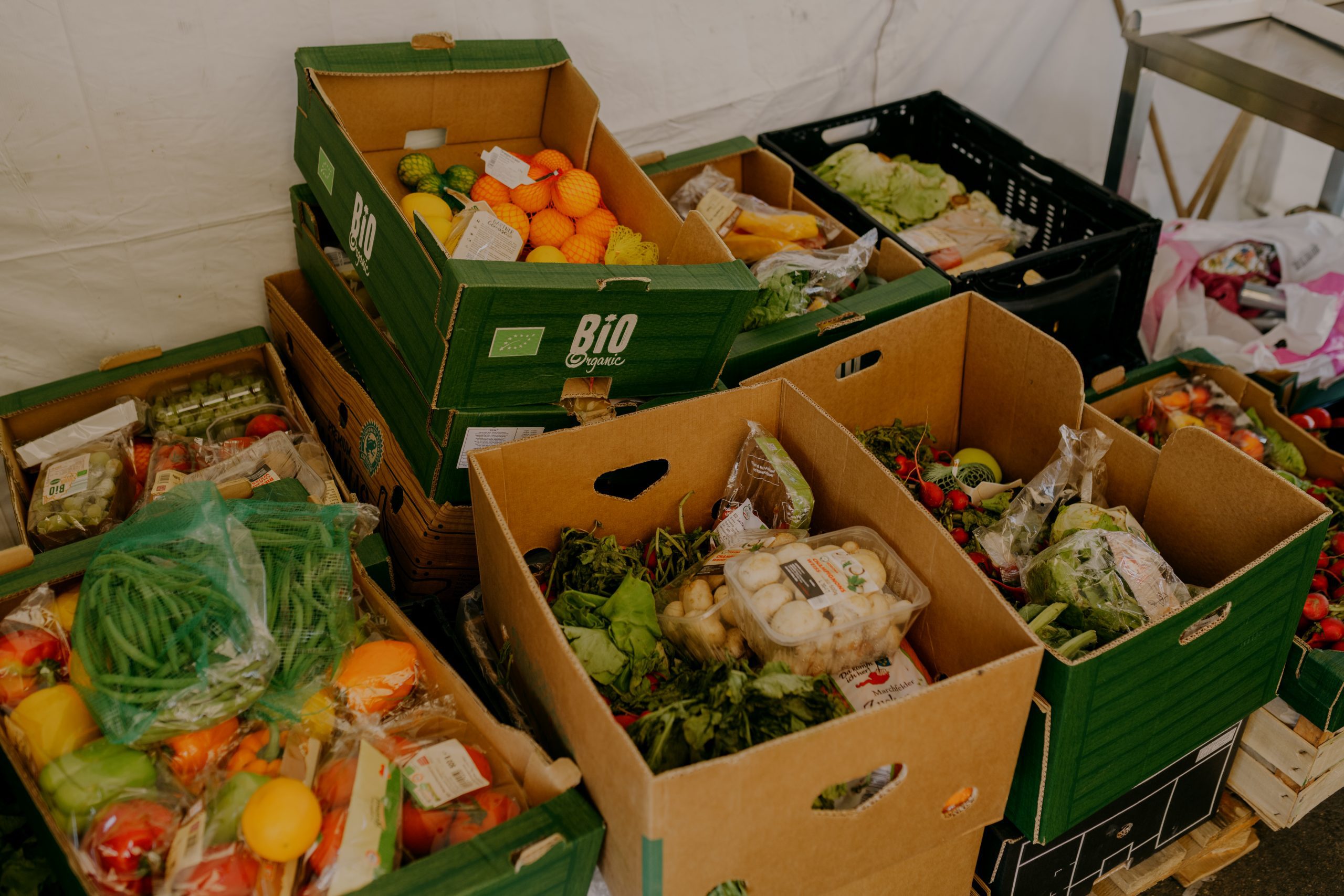
About one-third of the food produced worldwide gets thrown away[1]. Since its foundation in 1999, the Wiener Tafel has been providing social institutions such as

On the site of the old Haschahof, a former farm at the southern edge of Vienna’s Favoriten district, stands today’s Zukunftshof (meaning Future Farm), which
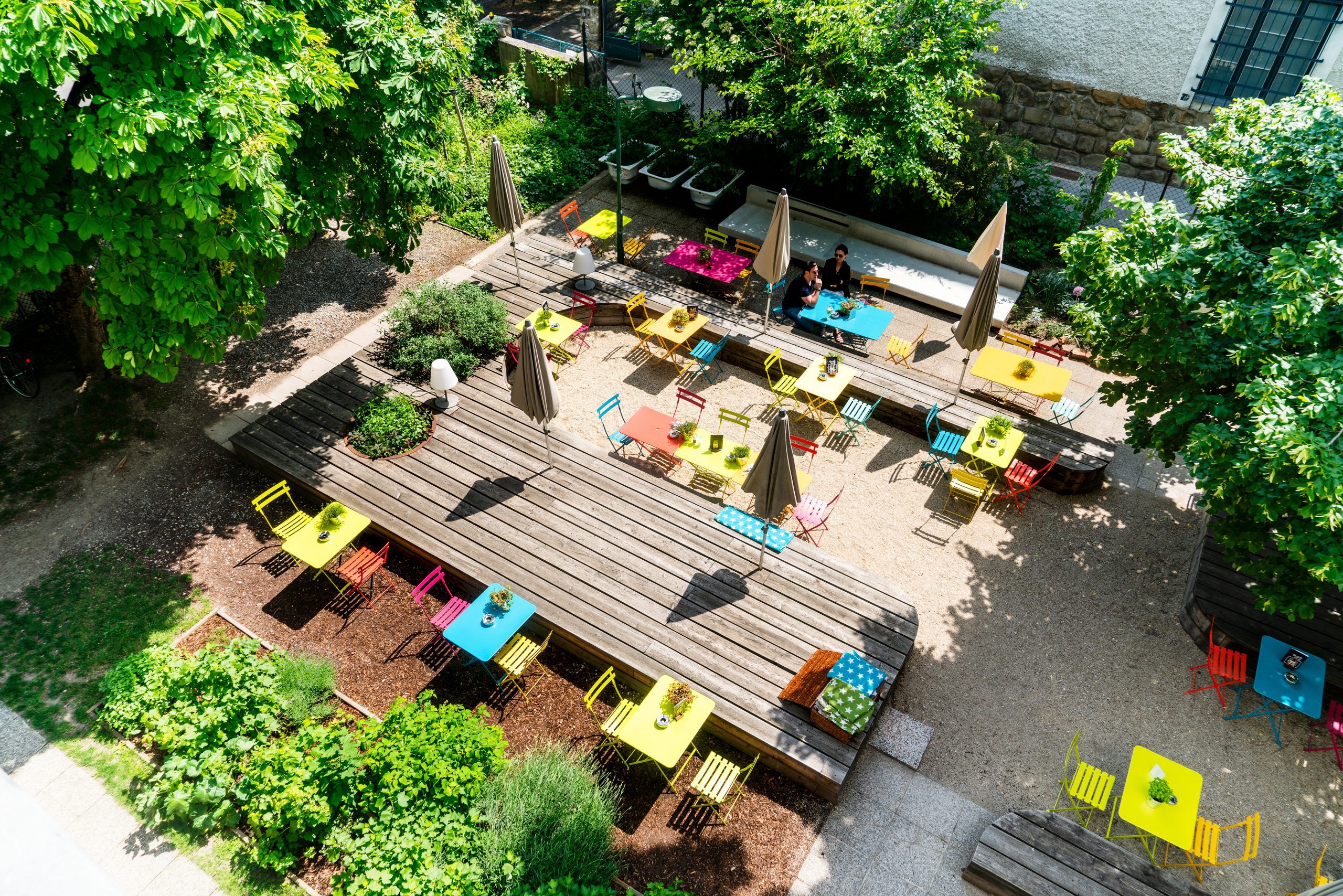
Founded in 2015, magdas HOTEL is not only a cosy, retro-style hotel next to the famous Prater park in Vienna’s 2nd district. “Change the world
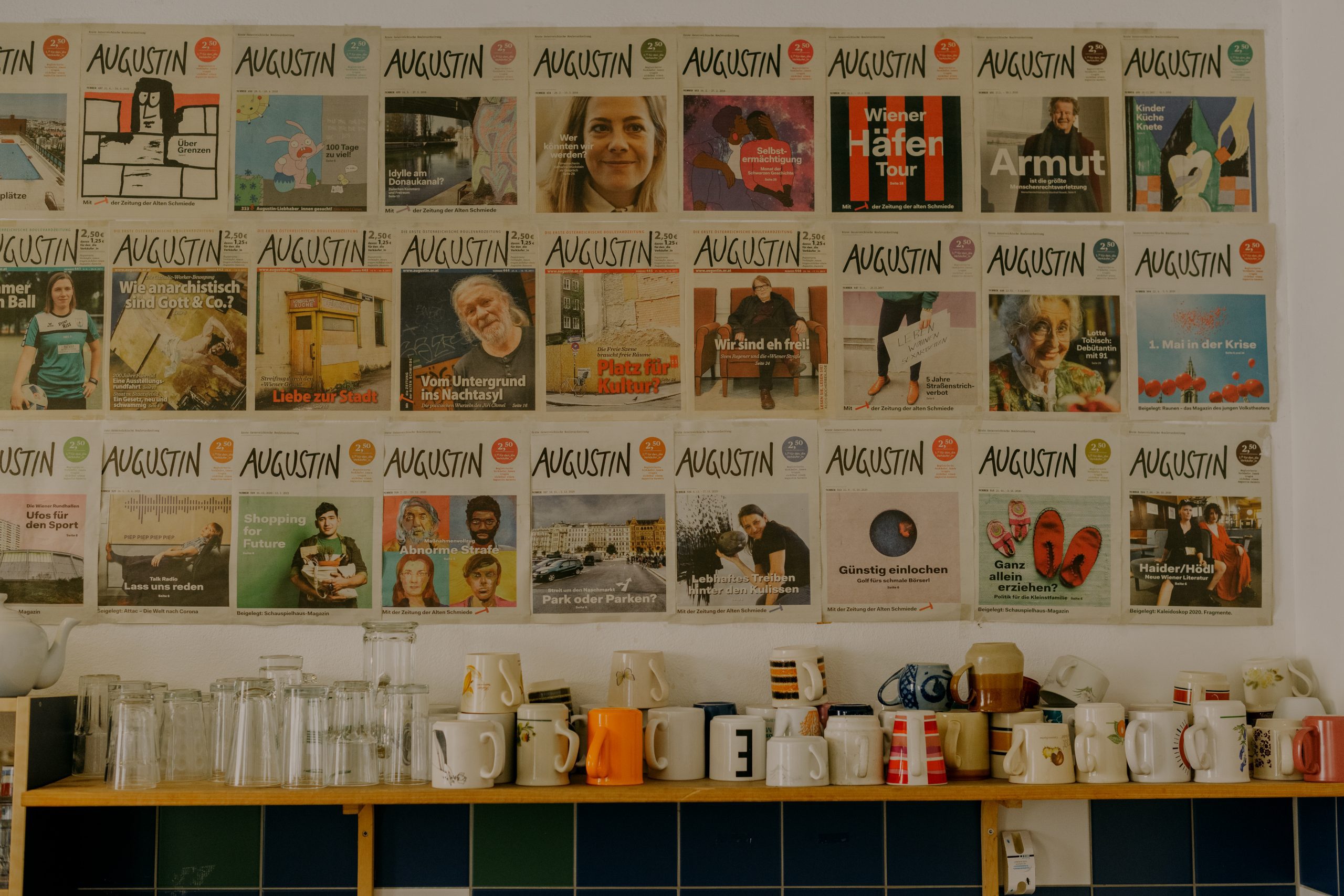
The Augustin is an independent Viennese street newspaper that aims to help less privileged people to lead a self-determined life. In addition to social work,
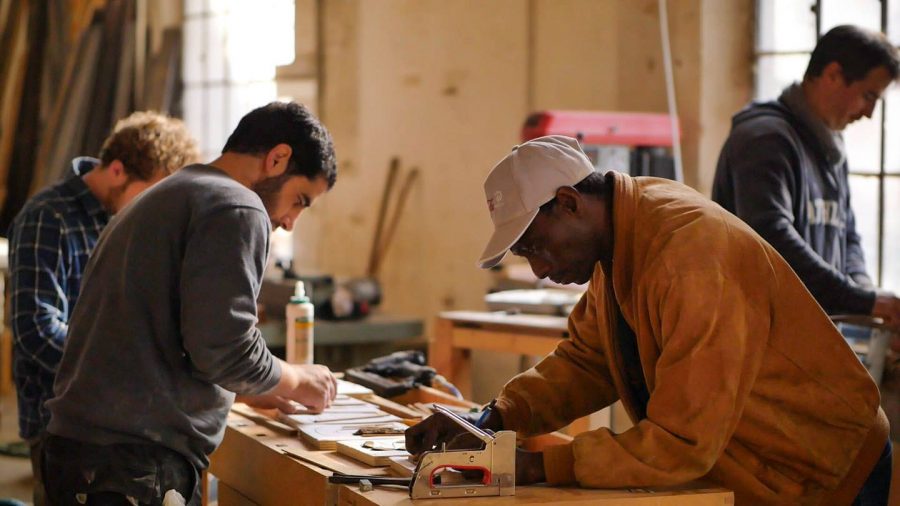
Nut & Feder is a Viennese carpentry shop, a social business, that supports the integration of asylum seekers through work with local carpenters. This peer-to
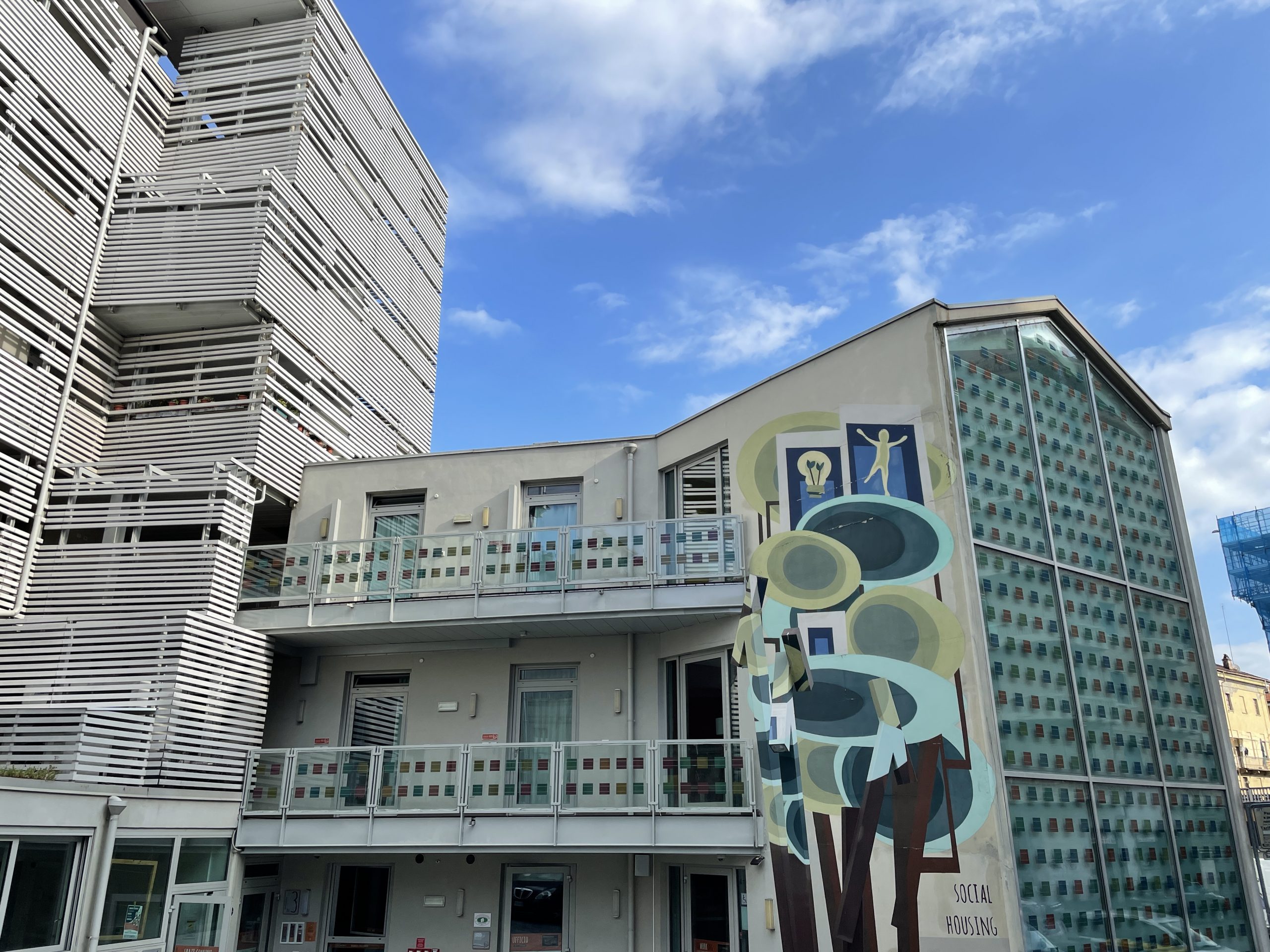
Right in the heart of Turin, just next to the remains of the Roman city walls and the Porta Palatina, one of the four ancient

Article by Levente Polyak for publicspace.org, a project by the CCCB. In 1748, the Italian architect Giambattista Nolli published an ichnographic plan of Rome, documenting
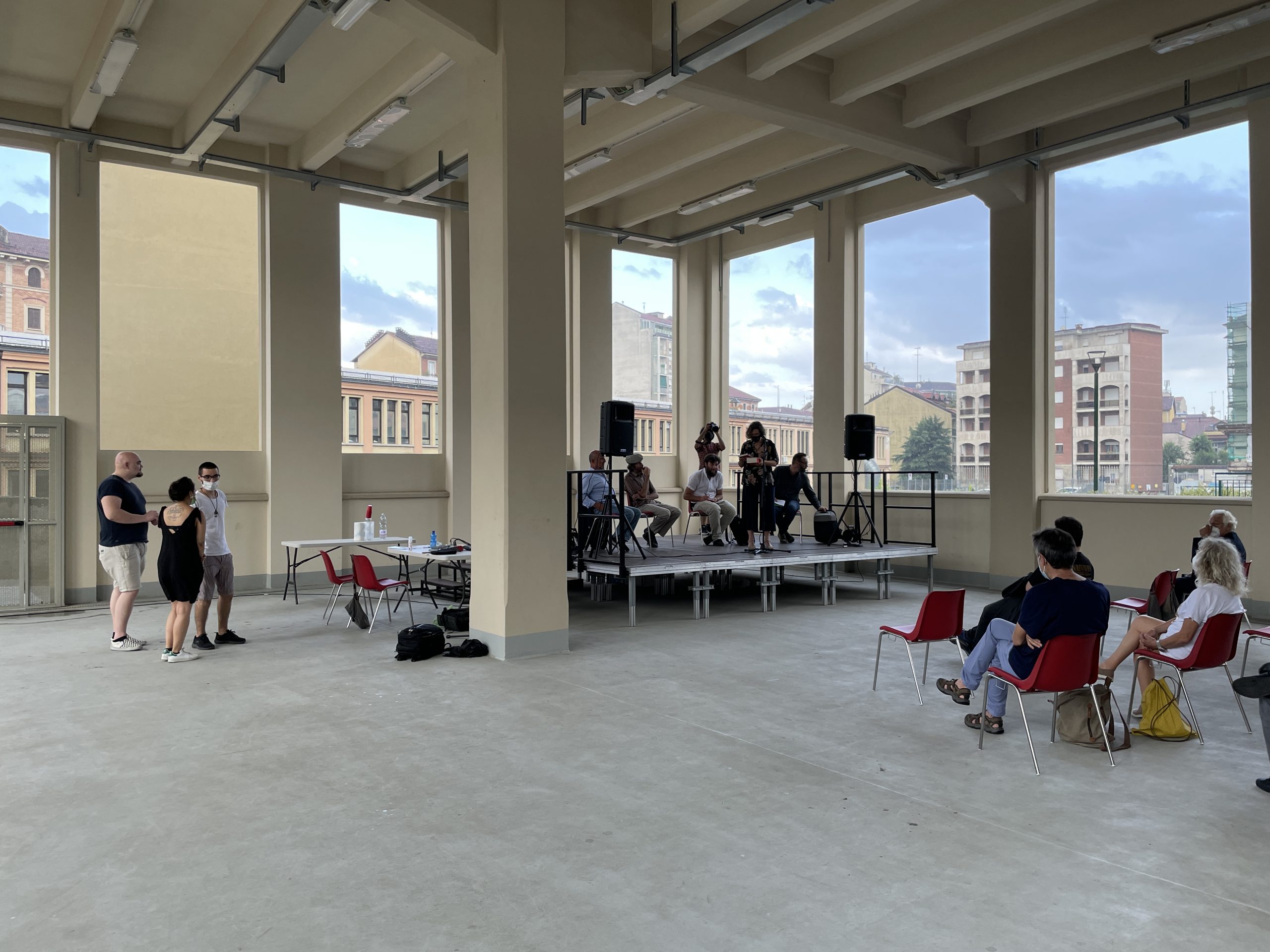
Local communities and their local governments have two possible ways to cooperate. One is centred upon the use of public procurement for social purposes. The
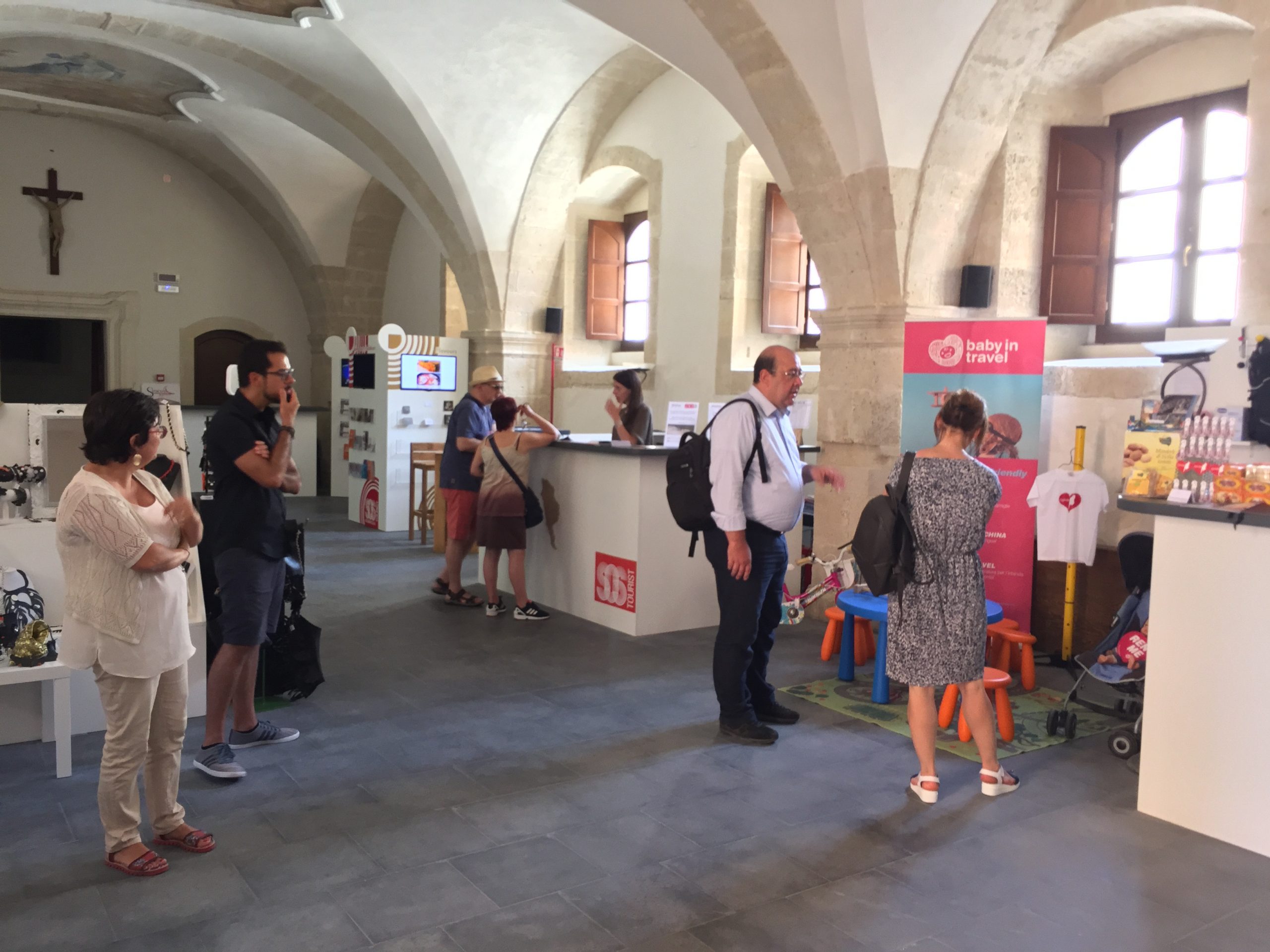
Community foundations are a means to mobilise resources within a territory in order to help the creation of local initiatives. In an area with limited

Gólya is a self-organised community space in Budapest’s 8th district. Gólya has relocated to its current location due to intense property development and increasing real estate
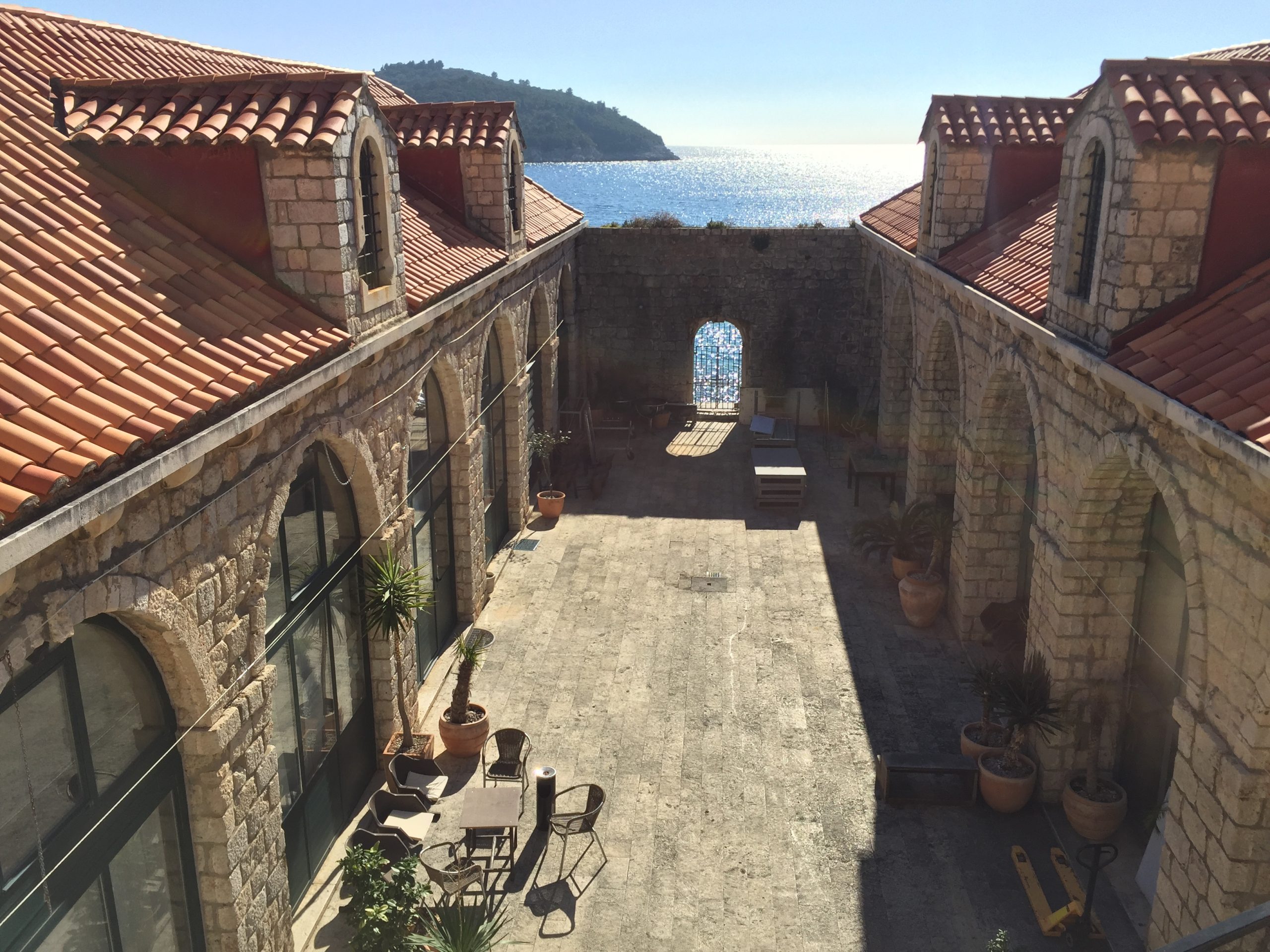
In the year 2000, the Art Workshop Lazareti, one of the most significant Croatian organisations in the field of contemporary arts and culture, signed a
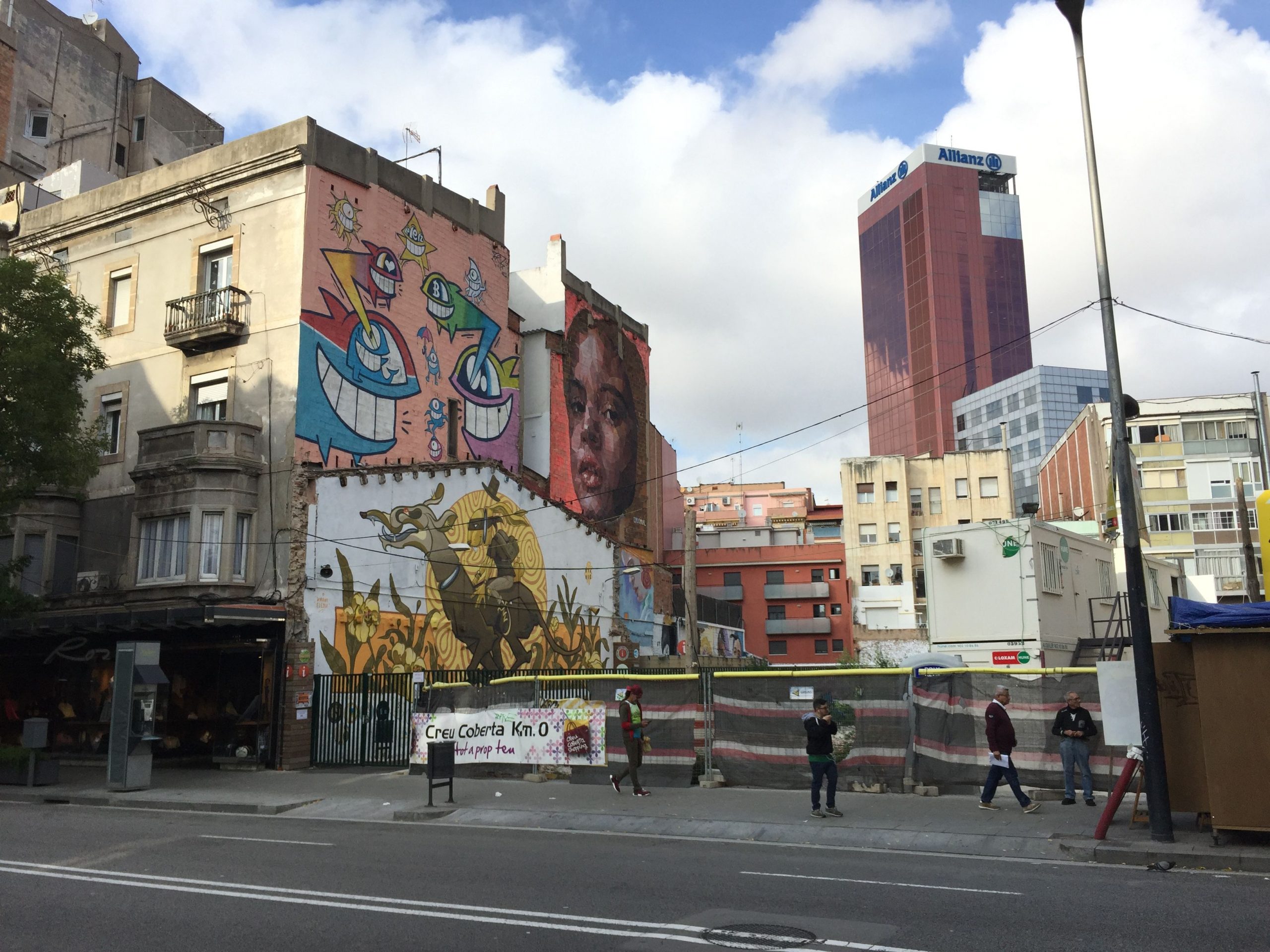
By Nikolas Kozloff To the extent that at least some people will be able to travel after the pandemic subsides, and haven’t gone bankrupt, how

2020 will remain in our memory as the year of a sudden, world-wide crisis. Although the pandemic is far from being over, with the arrival
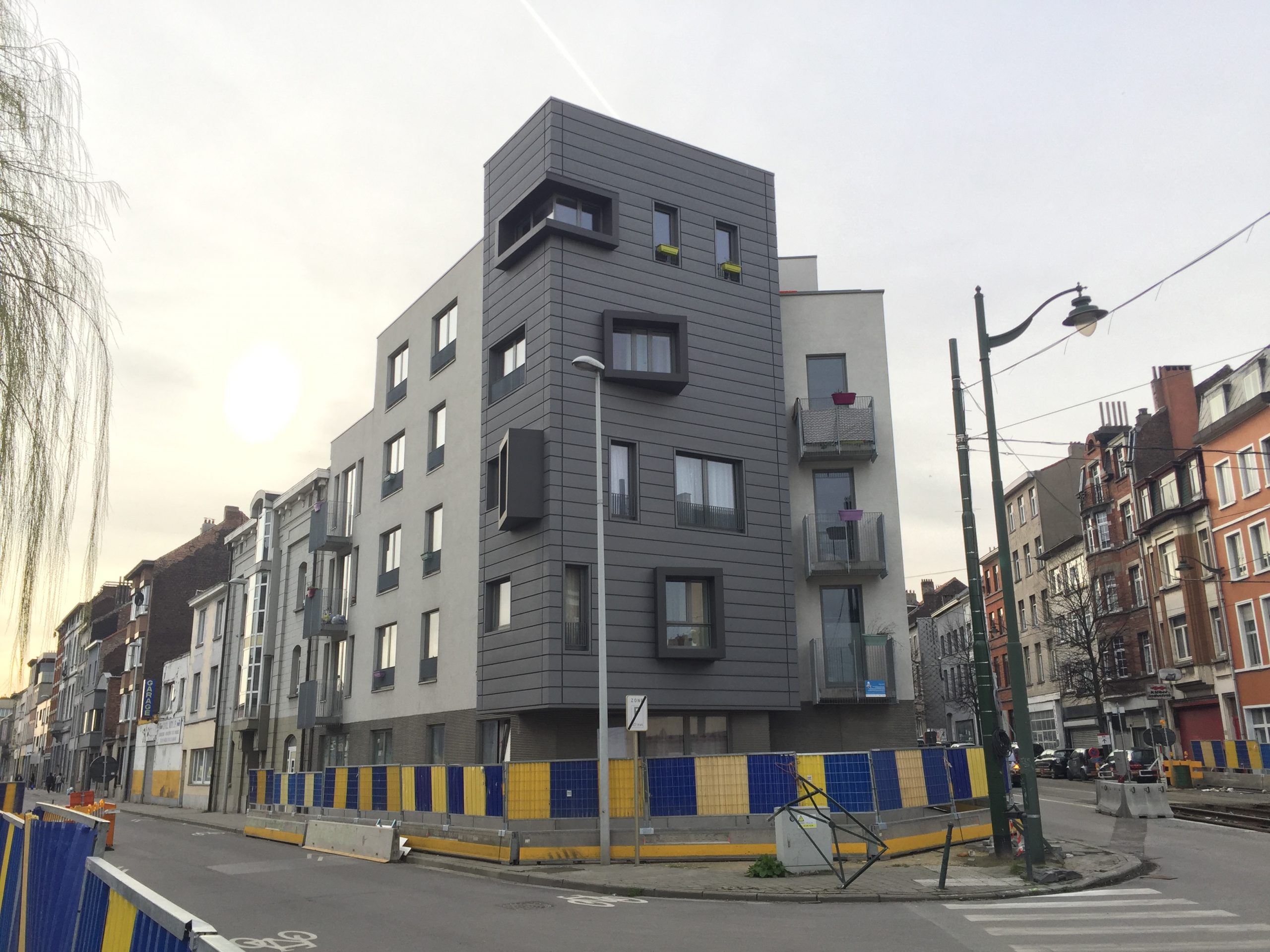
Collaborative housing can be conceived as an approach to complement state- or municipality-led public housing schemes with bottom-up, self-organised housing projects. It has been the

A four-storey historical building in the heart of Vienna that houses bicycle, woodworking and sewing workshops, a restaurant serving international cuisine and a café hosting
Welcome to Cooperative City podcasts!You can follow our episodes on Anchor, Spotify, iTunes, Google Podcasts, Breaker, Radio Public or Pocket Casts. CUP4Creativity In this first
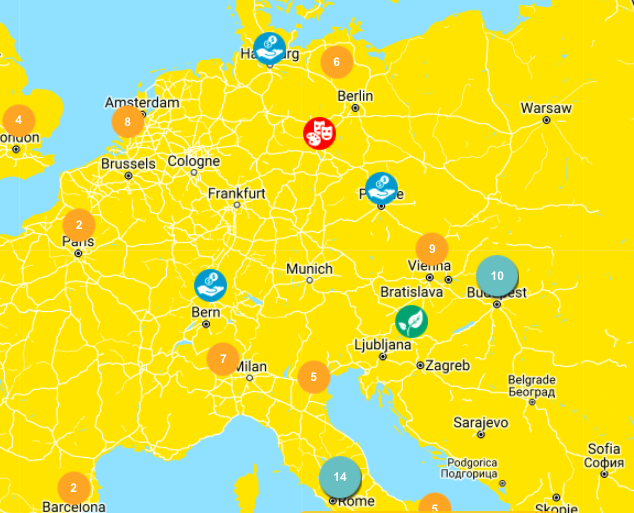
Realising the need to create international dialogue on handling the COVID-19 crisis at the local level, Eutropian launched a weekly webinar to connect activists and
What is the Magazine about? Cooperative City Magazine brings its readers the stories of collaborative urban development processes in different areas in Europe.It is a
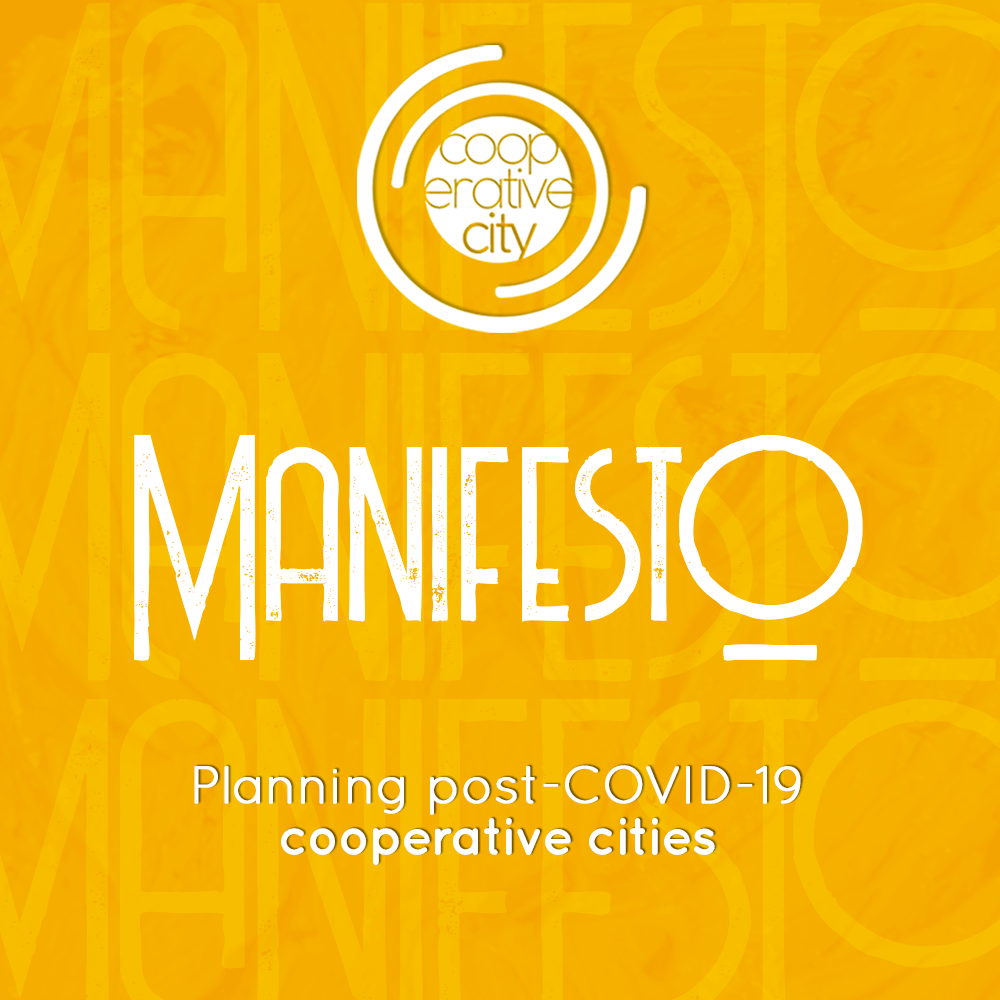
Planning post-COVID-19 cooperative cities Building on existing efforts towards social economy We advocate for existing knowledge, policy recommendations and financial resources to be geared towards
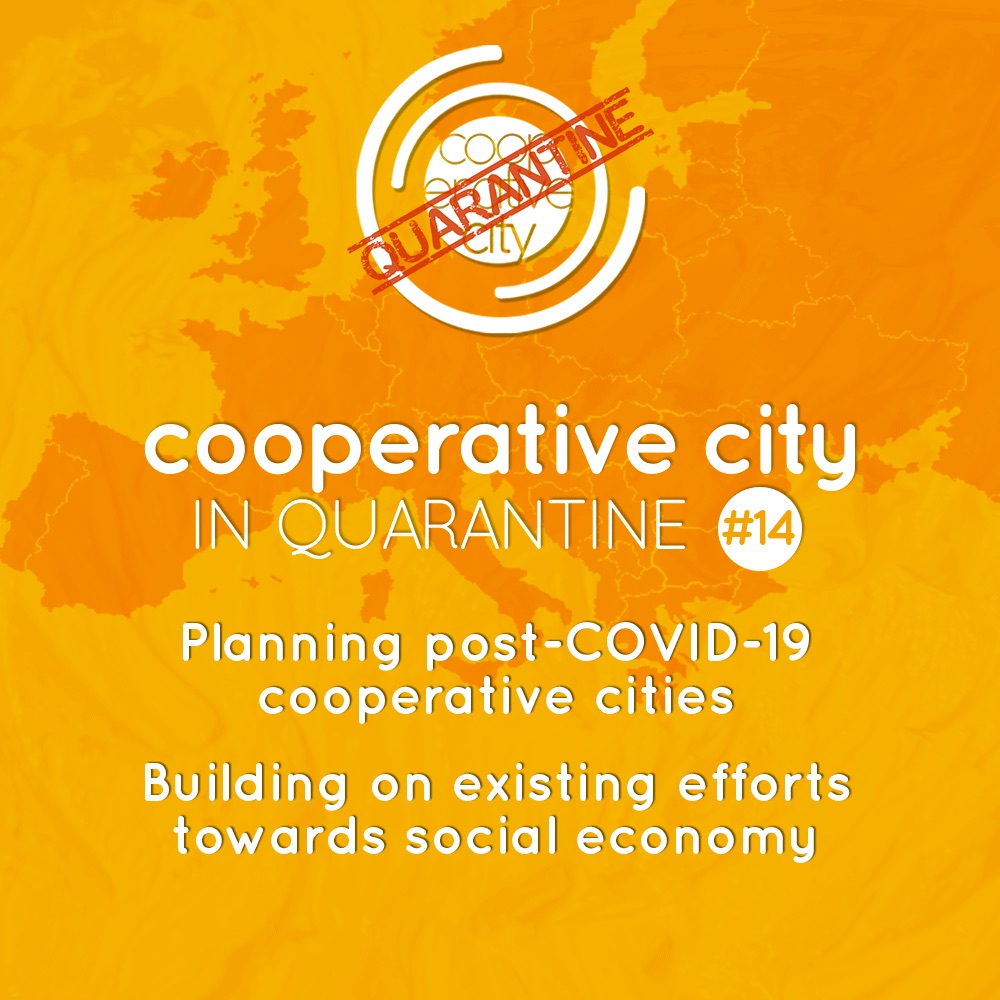
During the first weeks of the lockdown we noticed that there was little or no exchange across nations about how to respond to the emerging
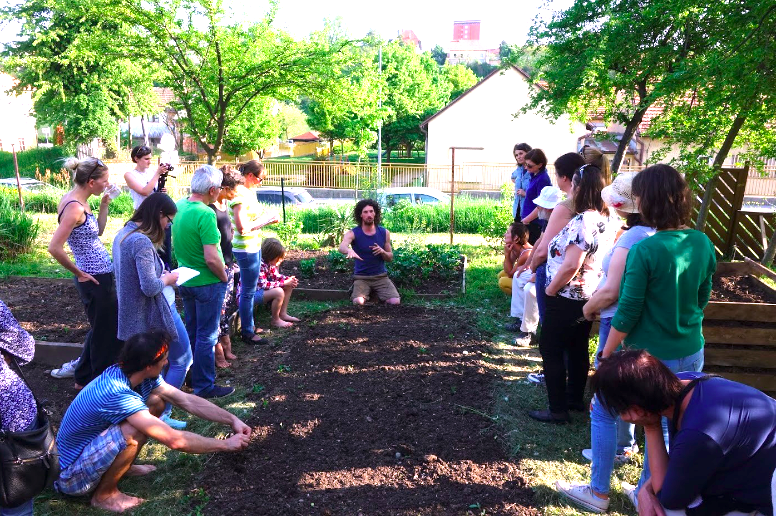
The City of Maribor is piloting circular economy projects to close the material loops through the involvement of the municipal companies. In this interview with
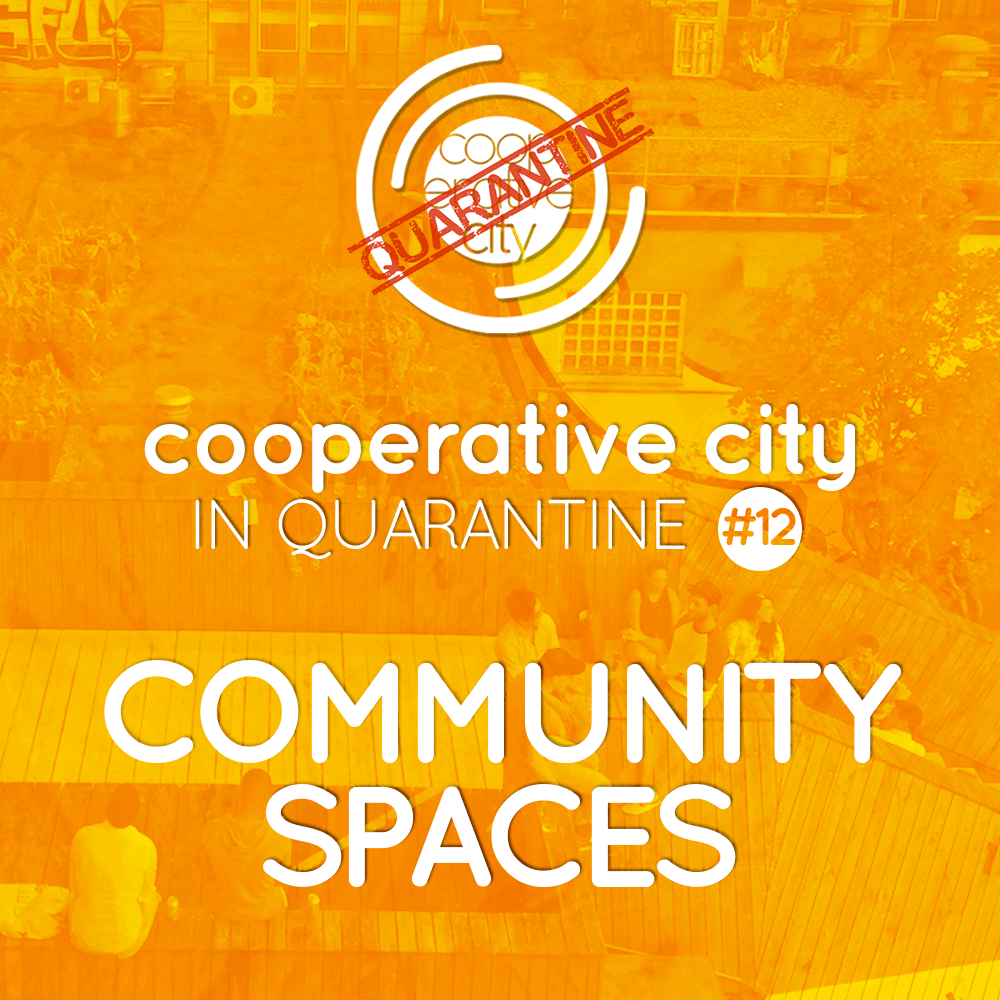
Since the 2008 economic crisis, cities in Europe have witnessed a veritable revolution in community-led development processes. Prompted by the opportunities offered by the last

The COVID-19 crisis has exposed the vulnerability of many disadvantaged social groups. Among these groups, refugees and asylum-seekers are particularly at risk, with limited visibility

Given the current situation, more than 200 million people could become unemployed as a result of this crisis. Not everyone can work home, and disadvantaged
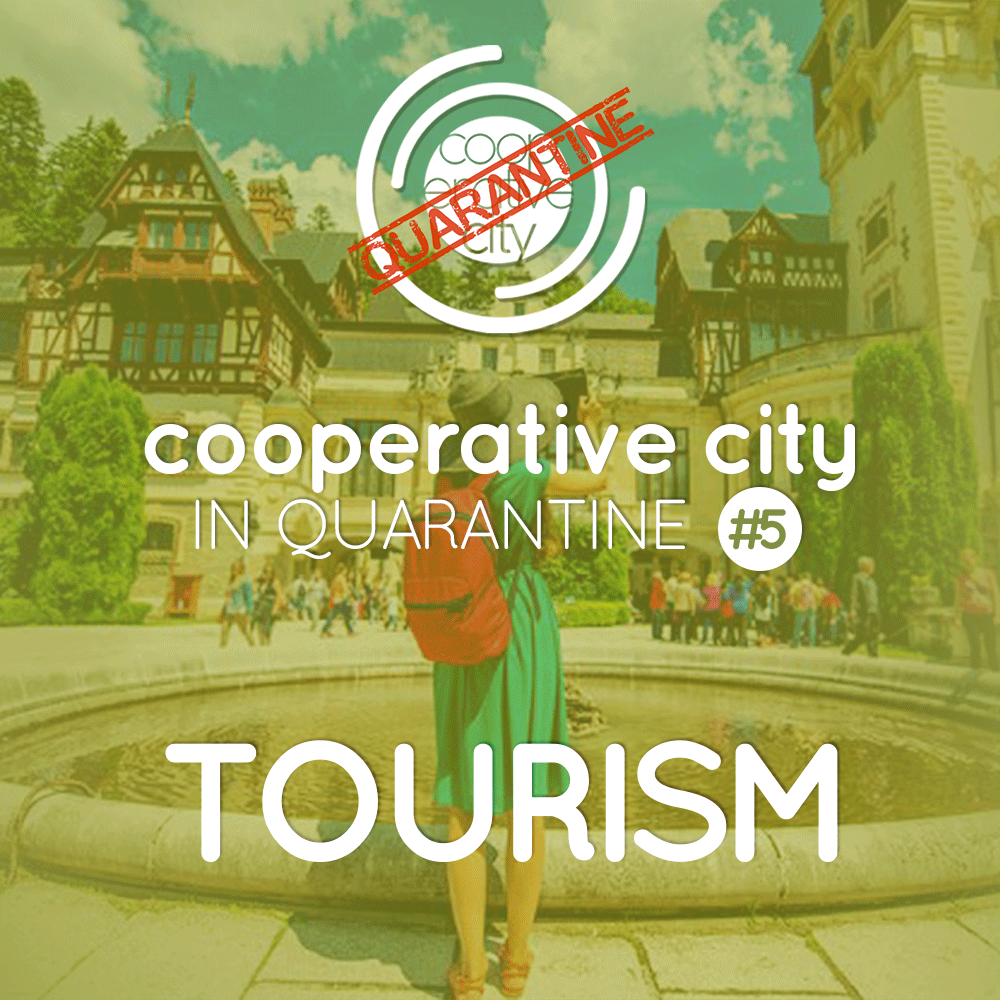
Tourism is big business: It employs more than 12 million people in Europe, it counts for 3,9% of EU’s GDP, in 2019 global tourist revenues

The Coronavirus pandemic is causing huge damage in both physical and psychological terms in all fields of life. At the moment, approximately eight million people

With the announcement of the lock-down due to the COVID-19 people in many cities literally assaulted the supermarkets to make sure they had enough stock

Progettare città cooperative post-COVID-19. Mettendo a valore gli sforzi compiuti nell’Economia Sociale Vogliamo che in tutta Europa le

La crisi dovuta al Covid-19 ha fatto venire alla luce in modo ancora più evidente la condizione di vulnerabilità di molti gruppi sociali svantaggiati. Fra

Episodio #5: Turismo Quali danni ha subito l’industria del turismo in seguito alla crisi covid-19, e quali opportunità questa può offrire? Grande business, quello del
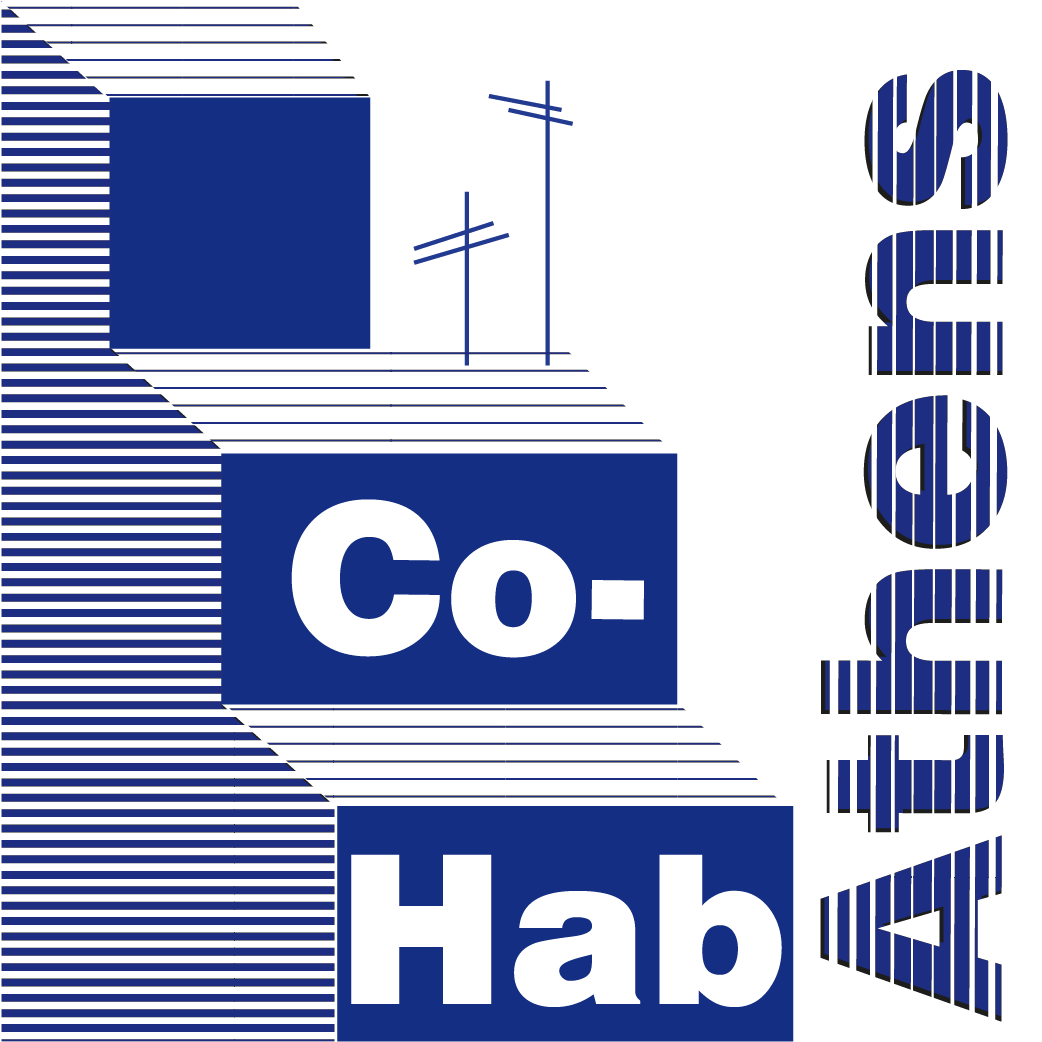
Co-Hab Athens is a research project which aims to elaborate long-term models of collective housing ownership, claiming the quality of housing as a right. Active

FRIEDA 23 is a venue for art and media production. Located in Rostock, Northern Germany, it was opened as a result of the cooperation of
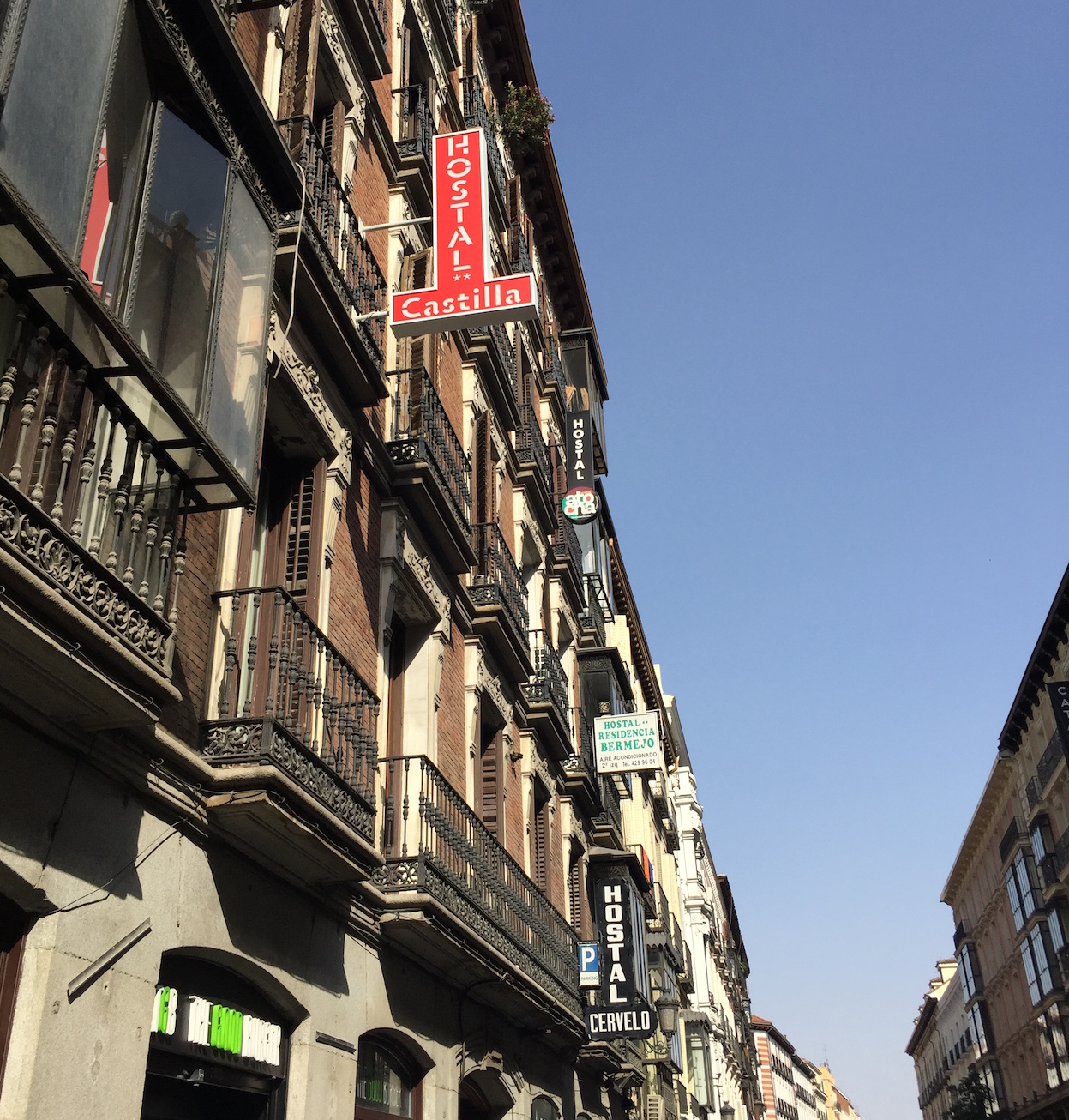
The extractive nature of mass tourism is made possible by tourist behaviour, missing regulations and lacking alternatives. There has been very little work done to

Polis is a platform developed by Martha Giannakopoulou and her studio, If- untitled, to enhances collaboration between architects and the Municipality of Athens. It aims

Ecos is a cooperative of cooperatives which works to support the growth of single cooperatives and to promote inter-cooperatives projects in Barcelona. In this article,

Fusolab is a non-profit community hub in Rome’s Eastern periphery, offering educational activities within the arts, communication, technology, new media, sports and a variety of

Ecomuseo Casilino is a museum that operates beyond the standard walls of a museum. The Associazione Culturale Ecomuseo Casilino Ad Duas Lauros is committed to
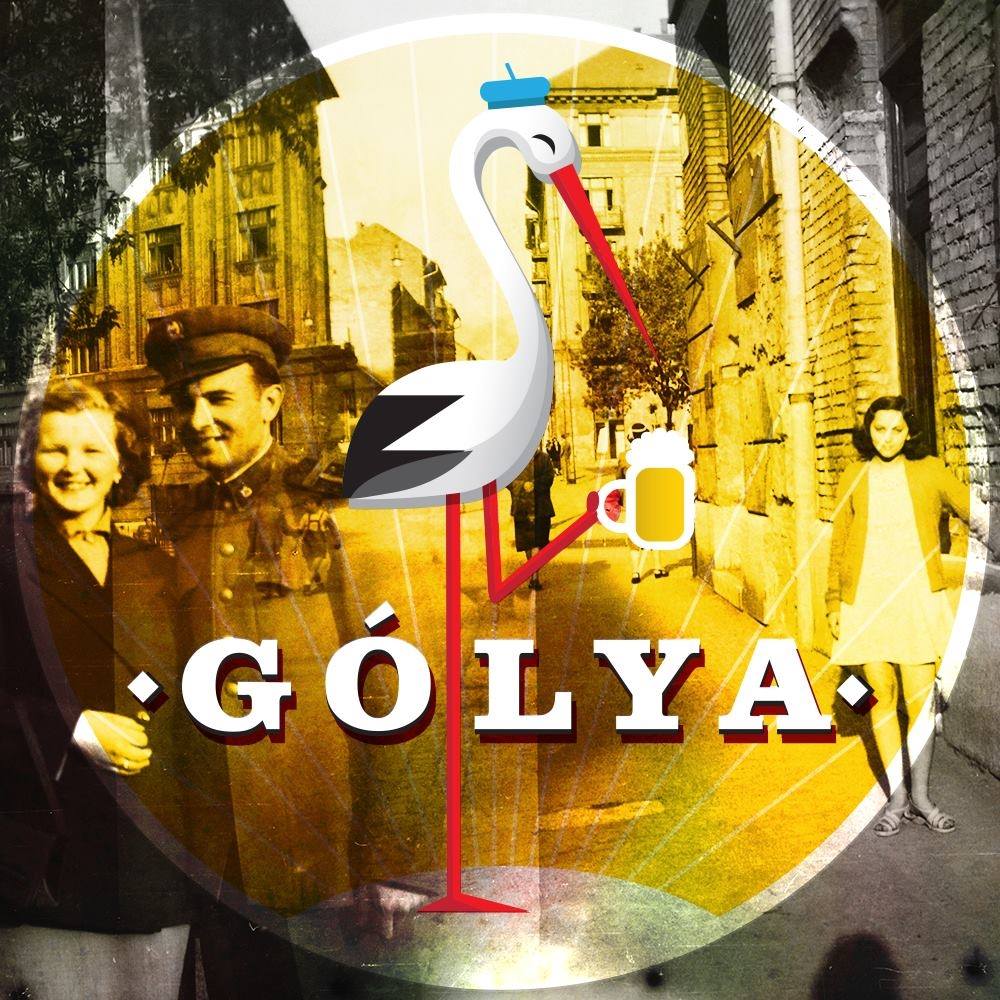
Gólya is a community house in Budapest. It has been working for six years on Bókay János utca in the 8th District, and currently it
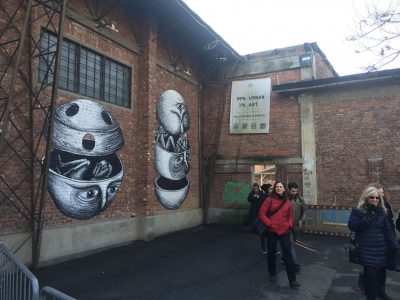
The Bunker is a cultural project launched by The Cultural Association URBE – Urban Regeneration and the Torino Quittengo Srl, owner of the area. Bunker
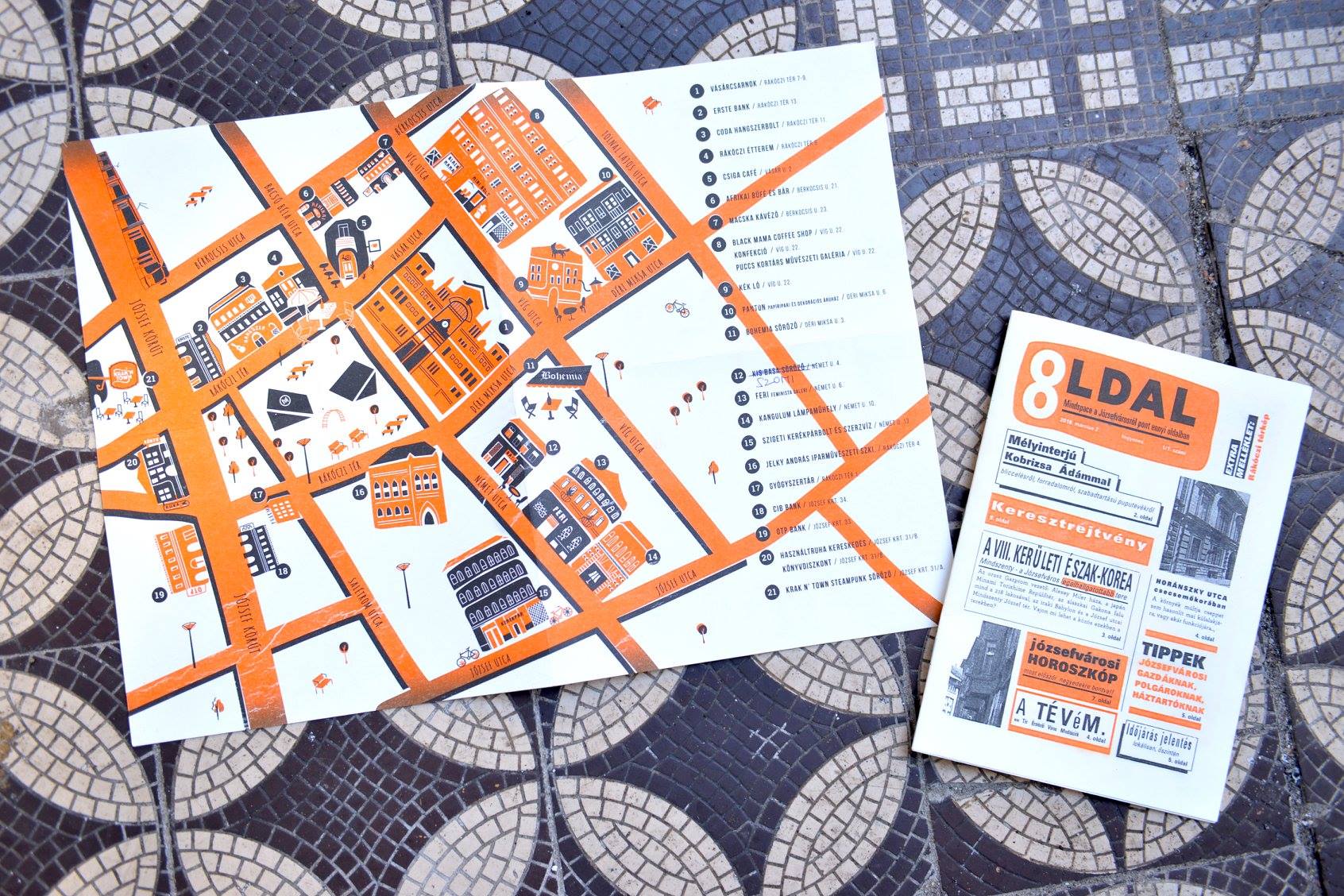
Mindspace is a non-profit organization based in Budapest and founded in 2011. It manages cultural urban projects with a focus on smart and livable neighbourhoods

A Város Mindenkié, in English The City is for All, was established in 2009 to advocate for housing rights in Hungary. Homeless people, those experiencing

Deviszont is a community space located in the suburban area of Budapest. It offers non-formal educational activities and space for the socialization of disadvantaged working
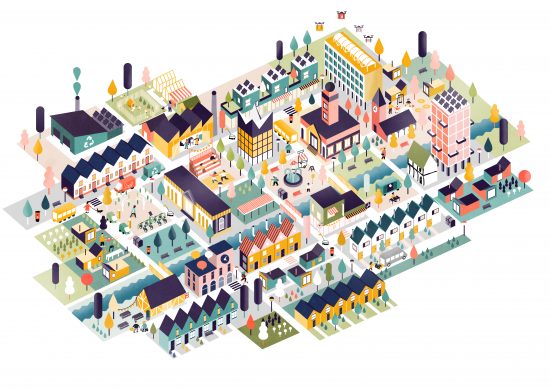
ShareTown is a fictional town populated by a cast of characters, which sets out to create a positive vision of what a preferred future for cities

Dynamo Velostation was opened in 2015 with the support of the Incredibol tender promoted by the Municipality of Bologna. Behind Parco della Montagnola, few hundred
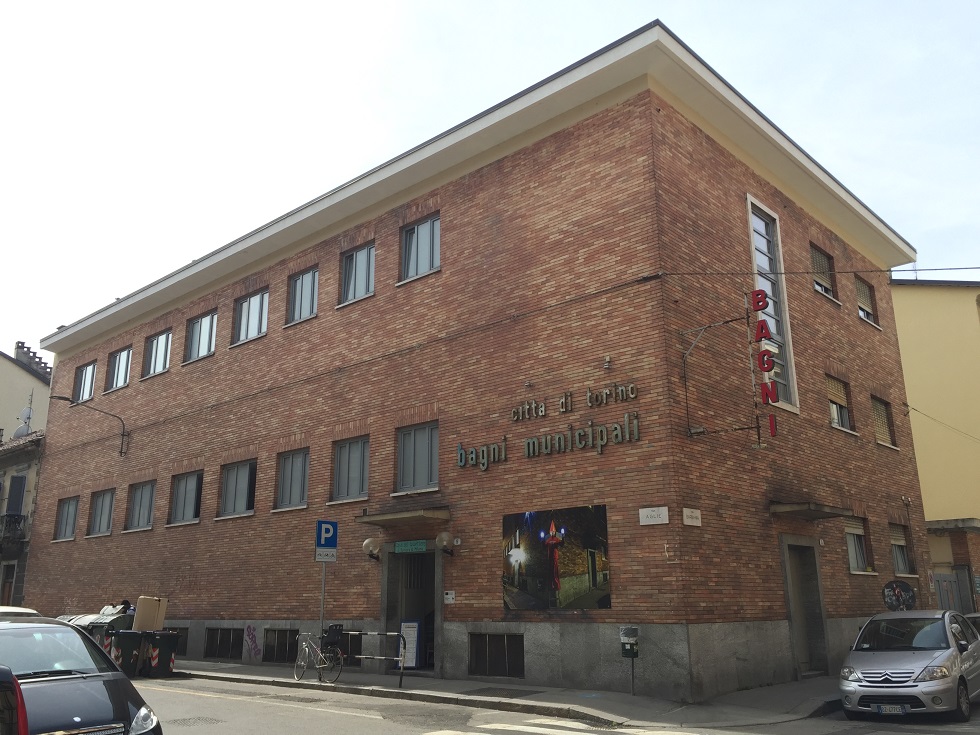
Bagni Pubblici di via Agliè 9 is a community space where more than 15 organizations, associations, traders, schools and institutions, work to improve the quality
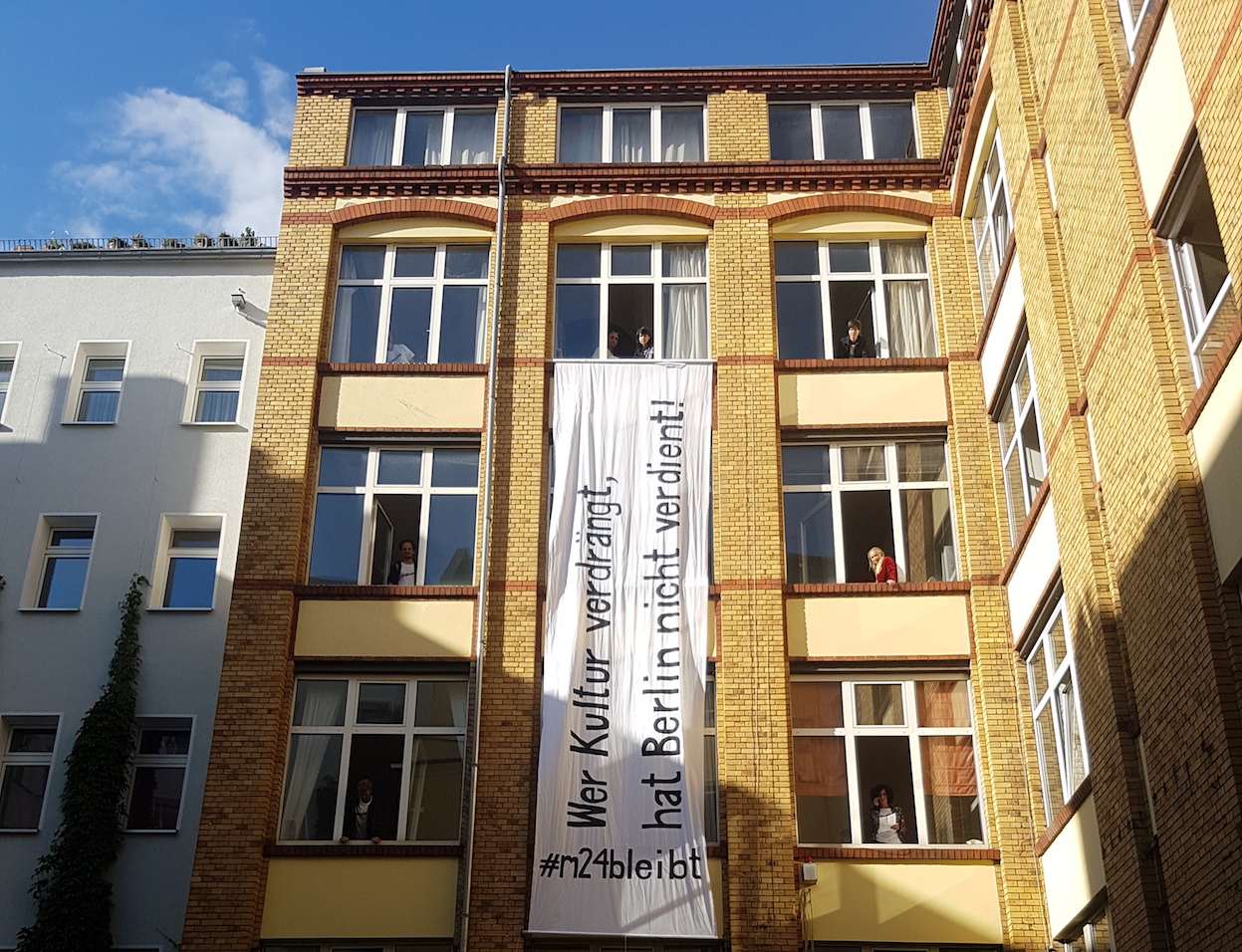
The role of the Studio Commissioner for Berlin exists since 1993. After the city’s reunification it became evident that affordable space for artists would become

Das Packhaus is a project of Paradocks an international think- and do-tank for reuse of vacant buildings inVienna. Since 2014 Das Packhaus has been showing
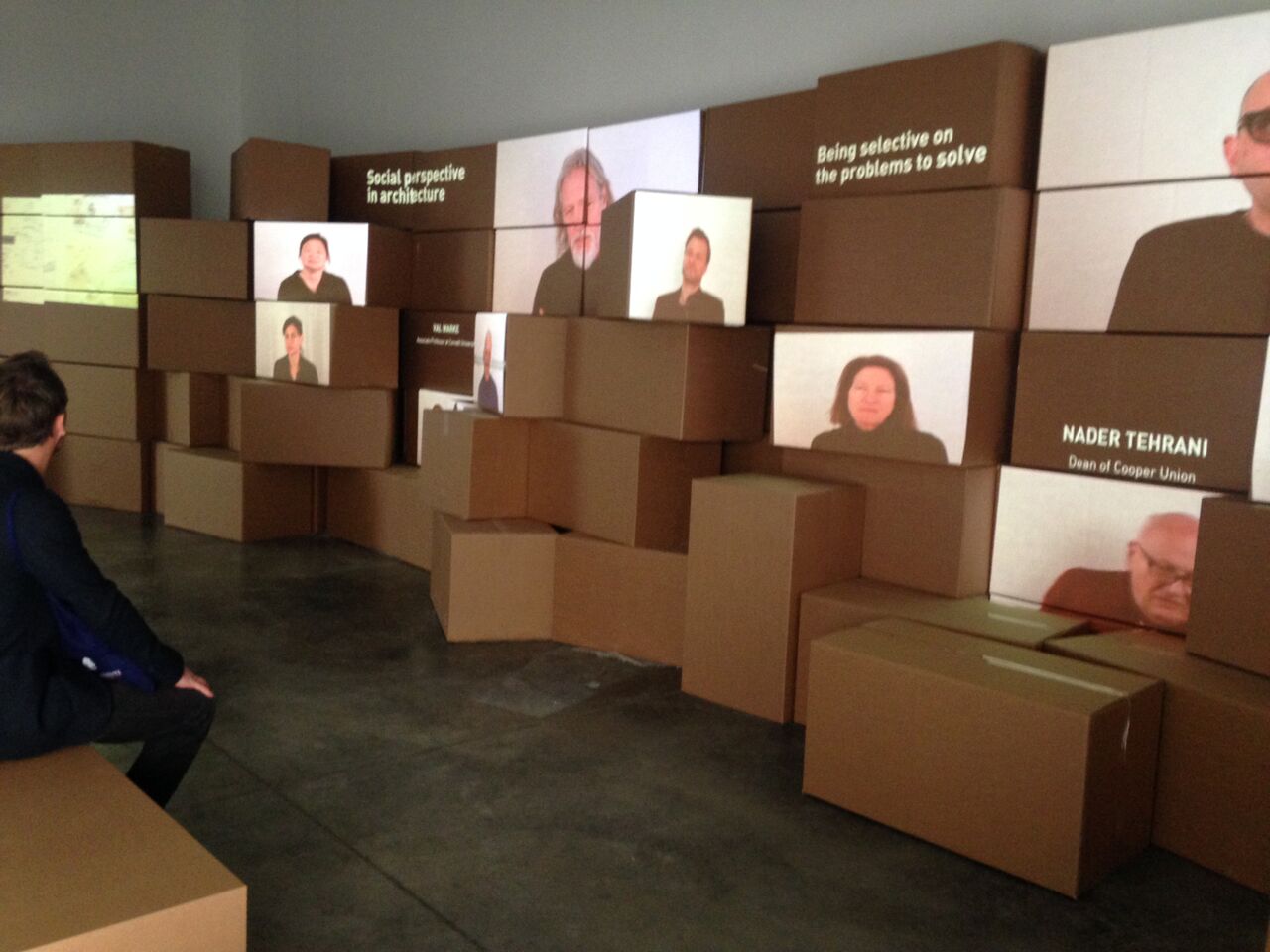
The US presidential election results came as a surprise to many of us especially because we hadn’t encountered any testament of sweeping support towards the

Recent newspaper articles highlighted the controversial position of large ICT companies in terms of taxation, data management, political leverage and spreading of fake news. With
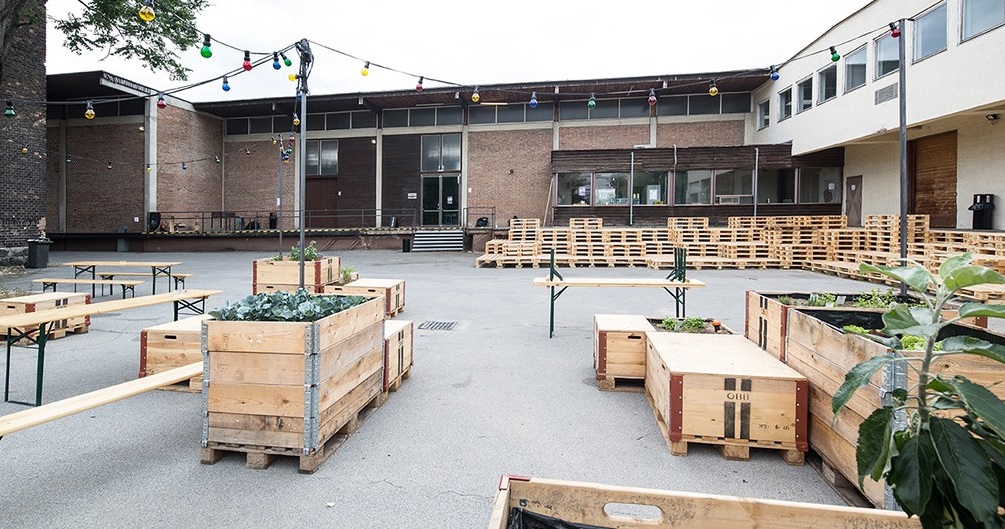
A former warehouse has become a living lab where the spatial and economical needs of small entrepreneurs are studied in order to promote mixed-use spaces
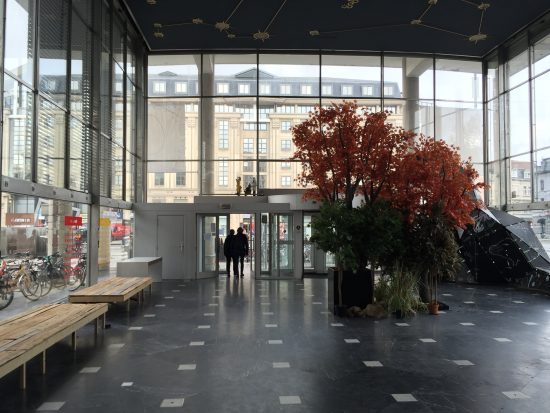
NEST is a temporary use project in the former City Library of Ghent awaiting refurbishment and a new use. The 7,000 m2 building, was given
Data Privacy Policy Our website may be used without entering personal information. Different rules may apply to certain services on our site, however, and are
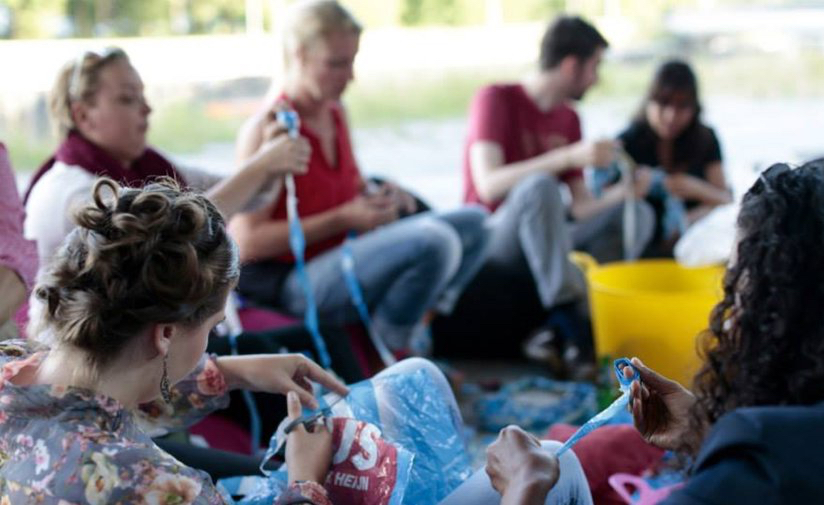
Based in Amsterdam since 2008, CITIES Foundation has been working to address global urban development problems by implementing solutions at the local level. CITIES first research

ÖkoKauf (Eco-Purchase) is an initiative of the City of Vienna, part of the Eco-Business Plan of the City, that was started in 1998 to purchase
© Copyright 2017 – 2025 by Eutropian GmbH. All rights reserved. I Imprint / Disclaimer | Data Privacy Policy | Contact
| Cookie | Duration | Description |
|---|---|---|
| cookielawinfo-checkbox-analytics | 11 months | This cookie is set by GDPR Cookie Consent plugin. The cookie is used to store the user consent for the cookies in the category "Analytics". |
| cookielawinfo-checkbox-functional | 11 months | The cookie is set by GDPR cookie consent to record the user consent for the cookies in the category "Functional". |
| cookielawinfo-checkbox-necessary | 11 months | This cookie is set by GDPR Cookie Consent plugin. The cookies is used to store the user consent for the cookies in the category "Necessary". |
| cookielawinfo-checkbox-others | 11 months | This cookie is set by GDPR Cookie Consent plugin. The cookie is used to store the user consent for the cookies in the category "Other. |
| cookielawinfo-checkbox-performance | 11 months | This cookie is set by GDPR Cookie Consent plugin. The cookie is used to store the user consent for the cookies in the category "Performance". |
| viewed_cookie_policy | 11 months | The cookie is set by the GDPR Cookie Consent plugin and is used to store whether or not user has consented to the use of cookies. It does not store any personal data. |
